A key partner in
connecting Maine communities
Maine State Library’s mission is to help people, make Maine libraries stronger, and transform information into knowledge.
Maine State Library (MSL) and MHC partner on a range of programs and initiatives—combining our resources and skills to offer more and richer opportunities to Maine communities than either of us could alone.
In addition, MSL’s staff routinely support libraries and community groups working with MHC—whether they are using materials from the archives, accessing a book group kit, or conducting genealogical research.
Programs we collaborate on include:
- Read ME, a statewide summer reading program
- MSL Book Kits
- iREAD
MSL Book Kits
TO REQUEST A BOOK KIT:
1. See what’s currently available in the catalog
Search “Maine State Library book group kits” or “Maine Humanities Council book group kits”
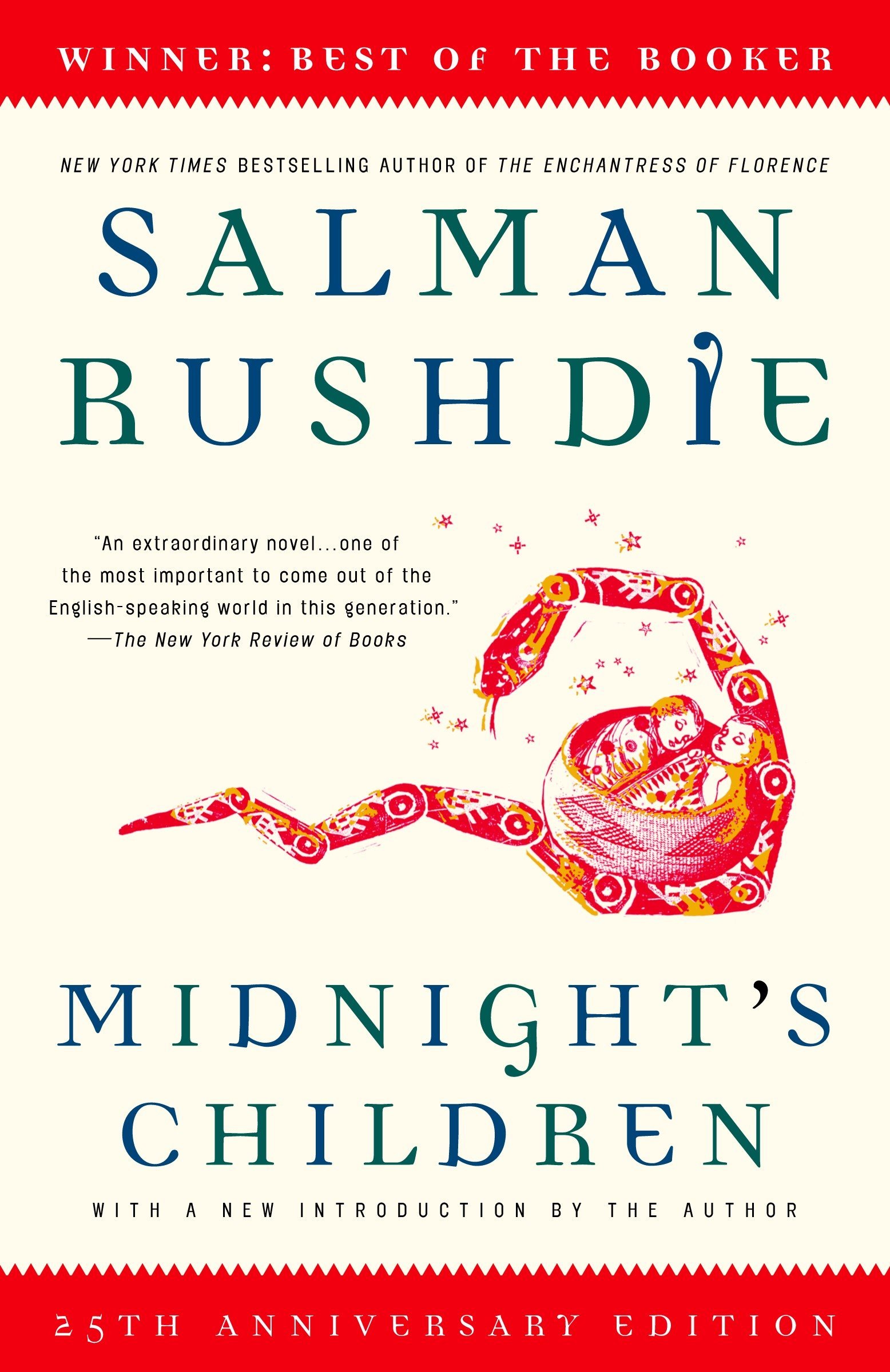
Across Cultures and Continents
One legacy of India’s colonial past is fiction about the colonial experience, from the perspective of both the colonizer and the colonized. At the center of all the books in this series is an exploration of what the South Asian/Indian experience has been, both living away from home in the U.K. and the U.S.A. and under colonialism.
THE BOOKS
- A Passage to India E.M. Forster
- Midnight’s Children Salman Rushdie
- Brick Lane Monica Ali
- Jasmine Bharati Mukherjee
- Interpreter of Maladies Jhumpa Lahiri
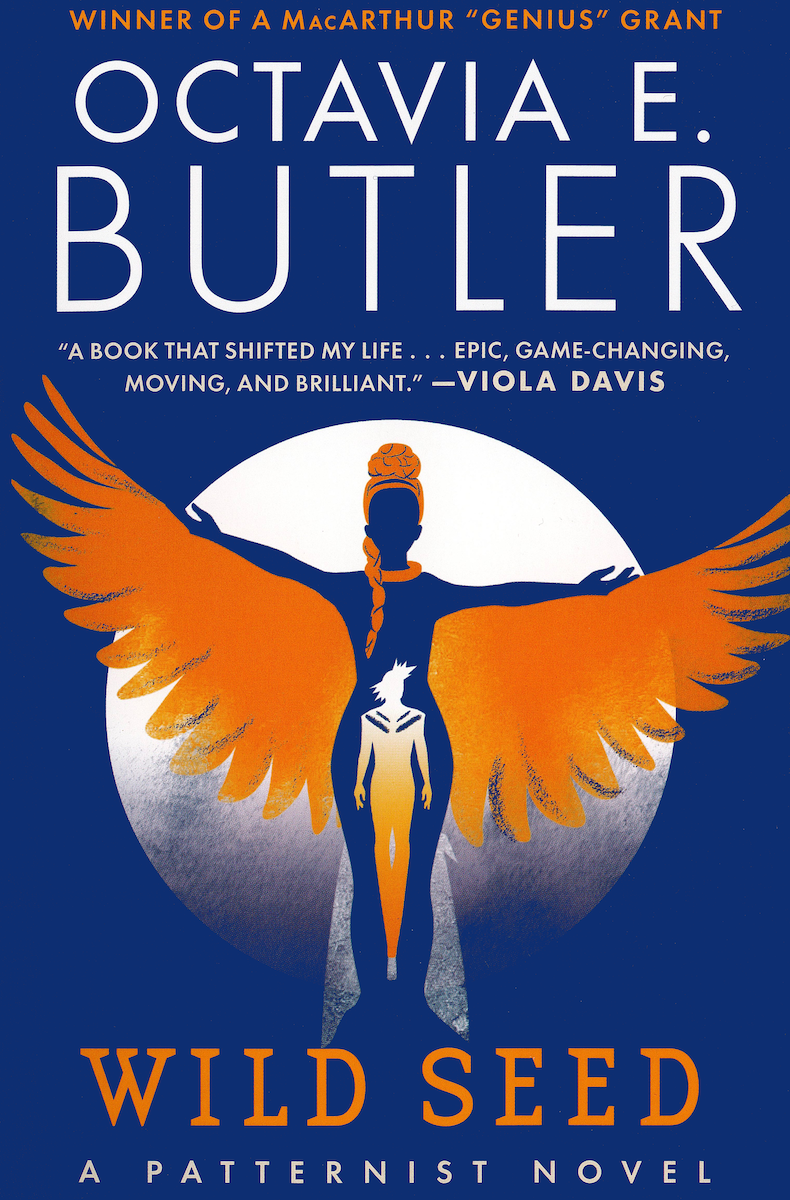
Afrofuturism and Africanfuturism: Evolution
These books provide just over a century-long look at the evolution of Black speculative writing, and address a wide range of human issues, including war, genocide, oppression, spirituality, history, illness, plague, and philosophy.
THE BOOKS
- Of One Blood Pauline Hopkins
- Dread Nation Justina Ireland
- Wild Seed Octavia E. Butler
- Binti Trilogy Nnedi Okorafor
- Dark Matter Edited by Sheri Thomas
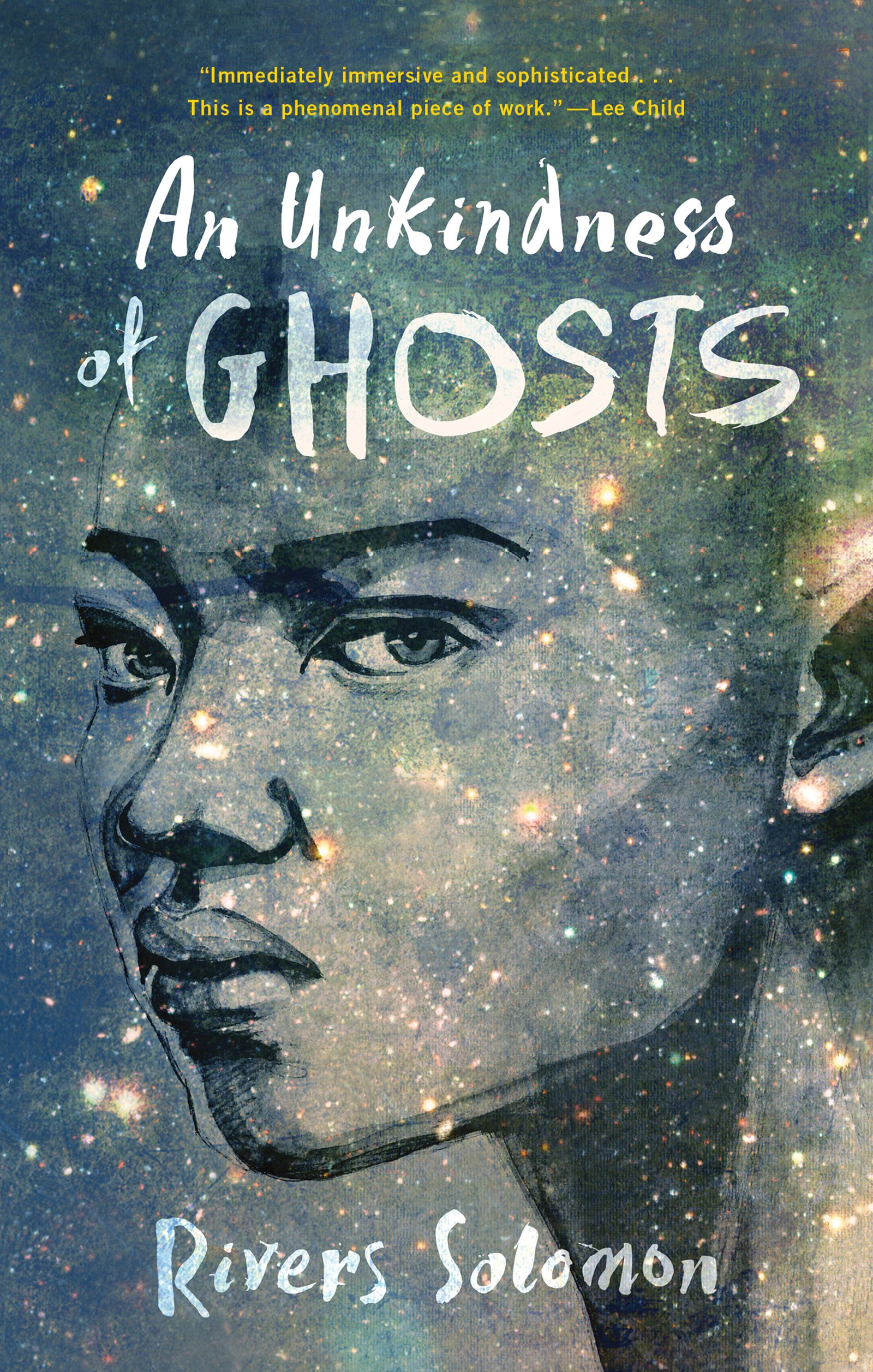
Afrofuturism and Africanfuturism: Kaleidoscope
These books plot the struggles of Black people coming of age in the face of marginalization, hatred, and discrimination; placing strong black characters at the center of these epic narratives to do so. They explore themes like racism, sexism, queerphobia, xenophobia, classism, and the intersectionalities of them all, through eyes and experiences of the marginalized: the girls, the youth, the black people, the queer people; those who live with the deepest impact of inequality. The series sits atop an arc of magic, African folklore, and science fiction that cultivates ethereal bridges to necessary empathy and healing.
THE BOOKS
- No Gods, No Monsters Caldwell Turnbull
- Who Fears Death Nnedi Okorafor
- An Unkindness of Ghosts Rivers Solomon
- Children of Blood and Bone Tomi Adeyemi
- Brown Girl in the Ring Nalo Hopkinson
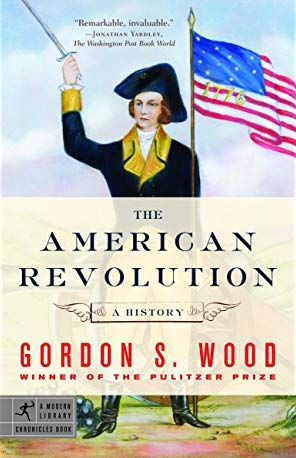
American Revolutionary Generation
This series focuses on the men and women who lived during the American Revolution, the actors in the Revolution and others whose lives were changed by it. The readings provide multiple perspectives on the people of this generation and their times.
THE BOOKS
- The American Revolution Gordon S. Wood
- Benjamin Franklin Edmund S. Morgan
- The Minutemen and Their World Robert Gross
- Women of the Republic Linda Kerber
- Setting the World Ablaze John Ferling
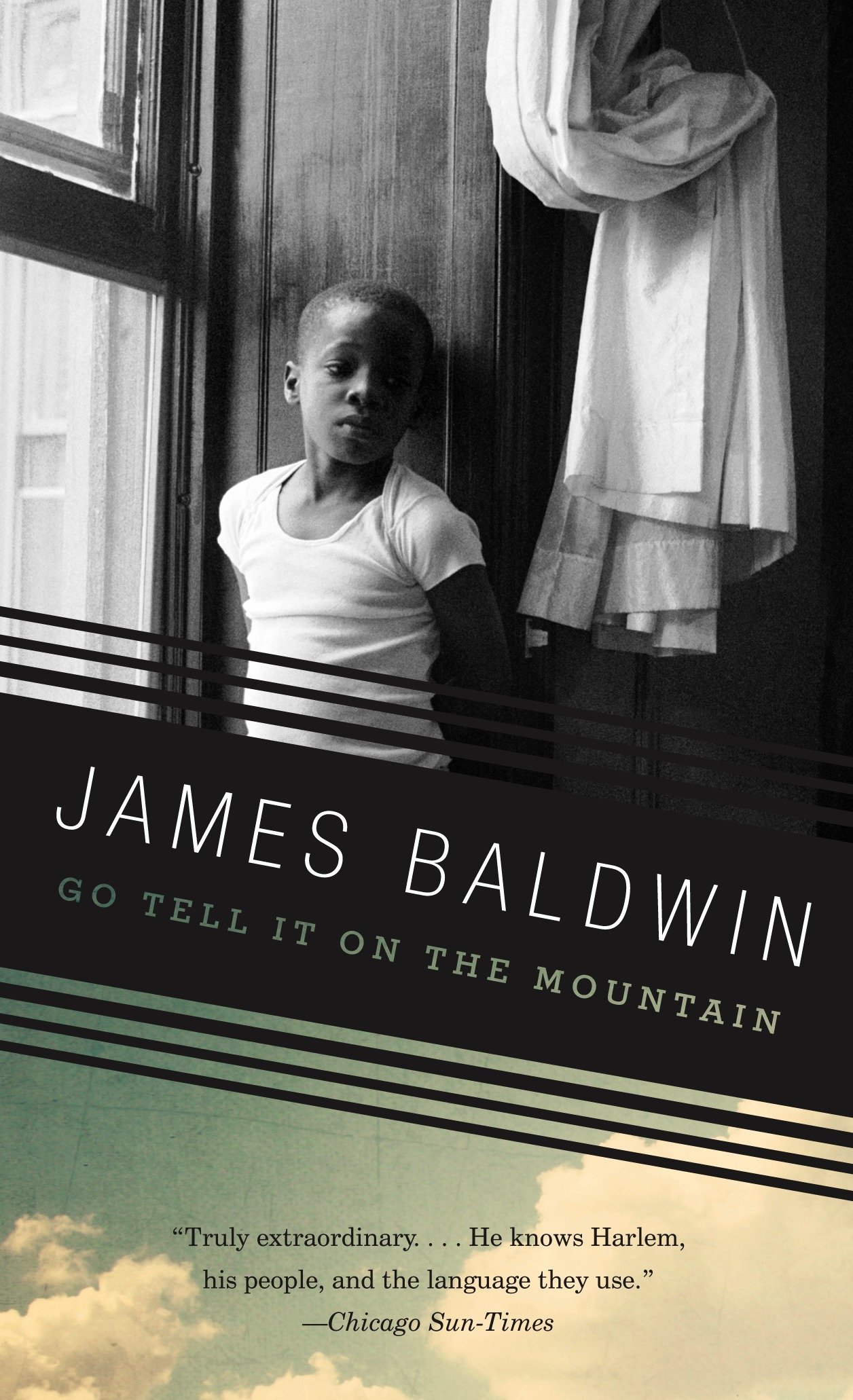
Becoming American
Through the five books in this series, we journey not only perhaps into our own ethnic pasts—Hispanic, black, Jewish, American Indian, or Chinese—but also into those of our countrymen, our brothers and sisters.
The books can in no way cover the spectrum of ethnic backgrounds found in the United States, nor is any of them intended to offer a definitive portrait of the group represented. Instead, it is hoped that within these works those qualities—the struggles, successes, and symbols—that make each group unique, and those that are common to every ethnic American experience, are revealed to the reader.
THE BOOKS
- Bless Me, Ultima Rudolfo A. Anaya
- Go Tell It on the Mountain James Baldwin
- An Orphan in History Paul Cowan
- The Way to Rainy Mountain N. Scott Momaday
- Woman Warrior Maxine Hong Kingston
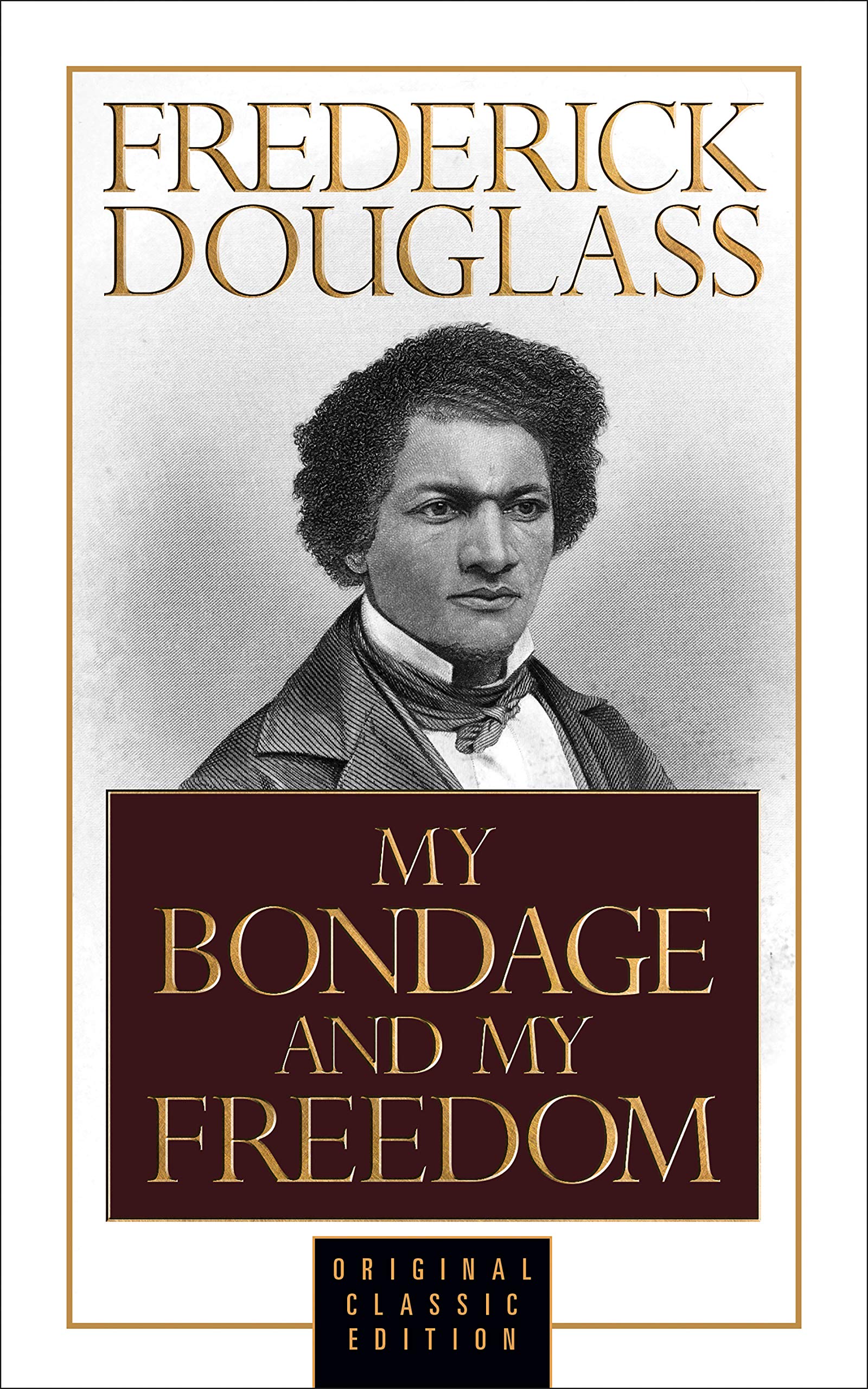
Civil War: Biographies
Works of biography and autobiography provide an in-depth, personal view of life during the Civil War era. The experience of these Americans- women and men, enslaved and free, Northern and Southern, famous and unsung—illustrate the close connection between individual lives and the larger events we call “history.”
THE BOOKS
- My Bondage and My Freedom Frederick Douglass
- With Malice Towards None Stephen Oates
- Collected Black Women’s Narratives Anthony G. Barthelemy
- Judah P. Benjamin Eli Evans
- Portraits of American Women G.J. Barker Benefield
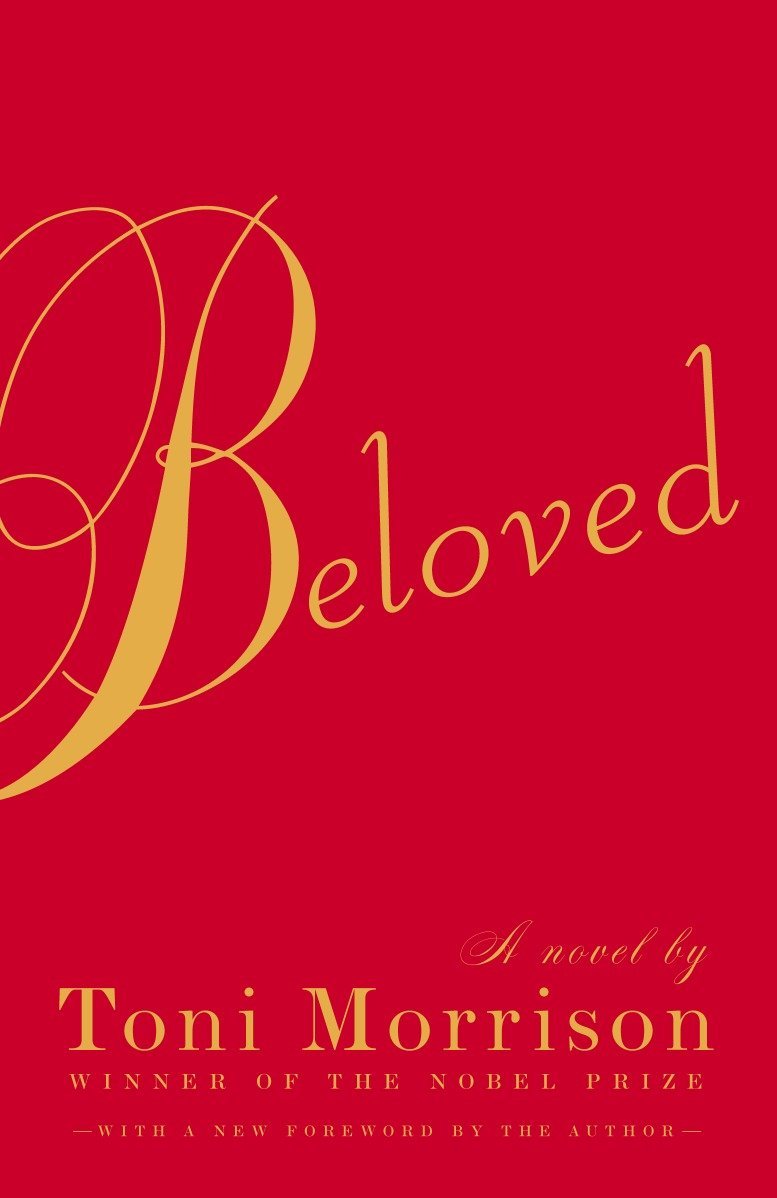
Civil War: Fiction
Beginning with the best-selling novel that was said to be one of the causes of the conflict, this series brings the drama of the Civil War and its aftermath to life. It also reveals, through the insights of the authors, what the Civil War has meant to Americans.
THE BOOKS
- Uncle Tom’s Cabin Harriet Beecher Stowe
- The Red Badge of Courage Stephen Crane
- Beloved Toni Morrison
- March Geraldine Brooks
- Cold Mountain Charles Frazier
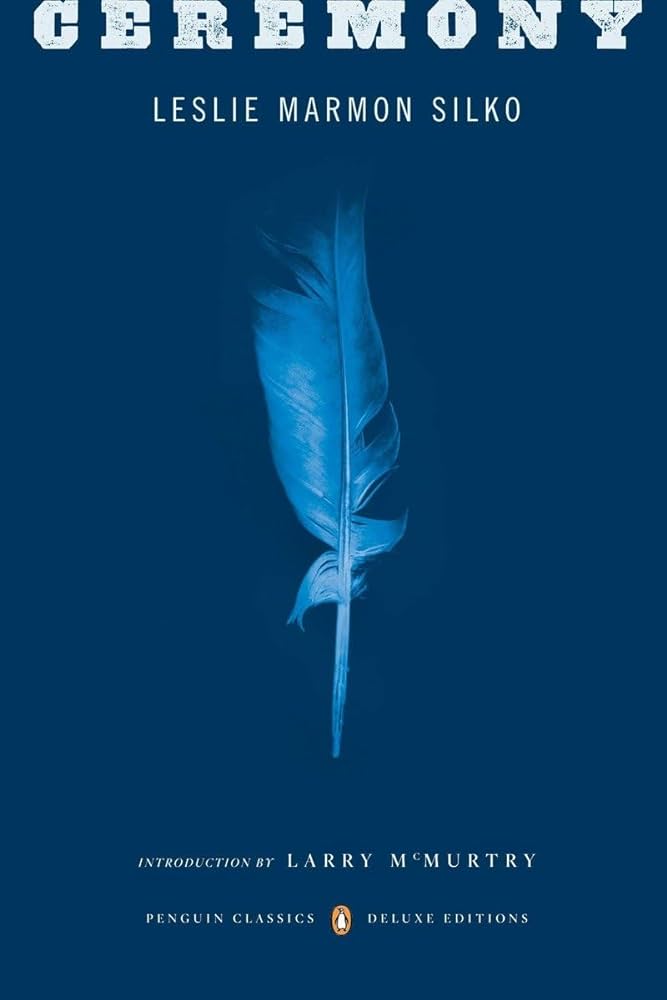
Crossing Over
In these works, American Indian writers blend western writing techniques with oral tradition to mediate between two cultures. Every time an American Indian writer writes in English, they are mediating cultures.
Modern and contemporary American Indian literature has deep roots in an oral tradition designed to teach and to entertain, and from those roots come literary works of enduring instruction and delight.
THE BOOKS
- Fools Crow James Welch
- Ceremony Leslie Marmon Silko
- Tracks Louise Erdrich
- There, There Tommy Orange
- Tales of Gluskap the Trickster
- The Sharpest Sight Louise Owens
- Smoke Signals (film)
- Song of Rita Joe Rita Joe
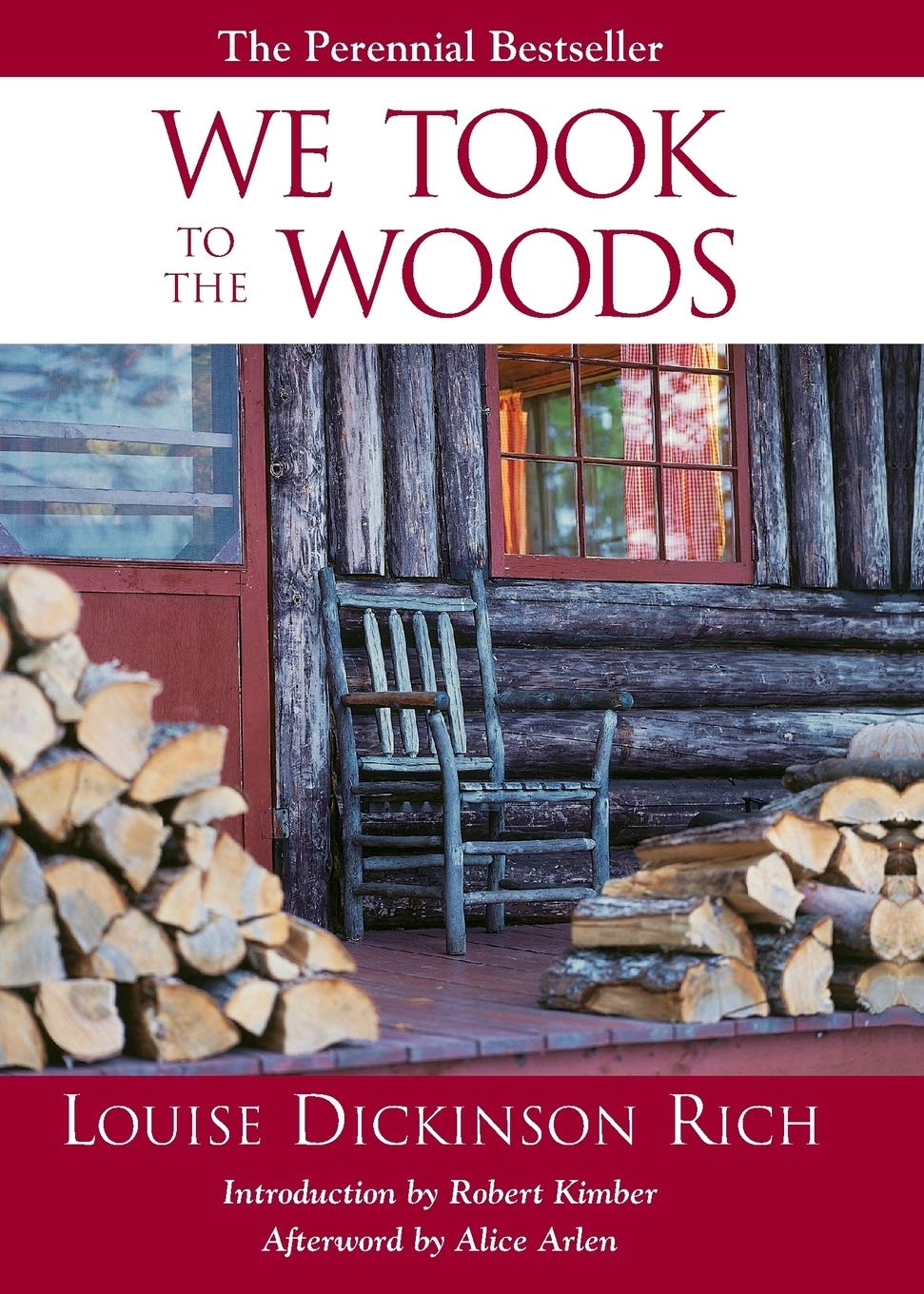
Defining Wilderness
This series examines the Maine wilderness, how various people have experienced it and written about it, and how those accounts have influenced Maine and shaped its identity. It raises questions about what constitutes wilderness, the relationship between humans and the natural environment, about conservation and ecology, and not least about our personal relationship to the wilderness.
THE BOOKS
- The Maine Woods Henry David Thoreau
- The Wilderness from Chamberlain Farm Dean Bennett
- Fly Rod Crosby A. Hunter
- Campfires Rekindled George S. Kephart
- We Took to the Woods Louise Dickinson Rich
- Defining Wilderness Collected Readings
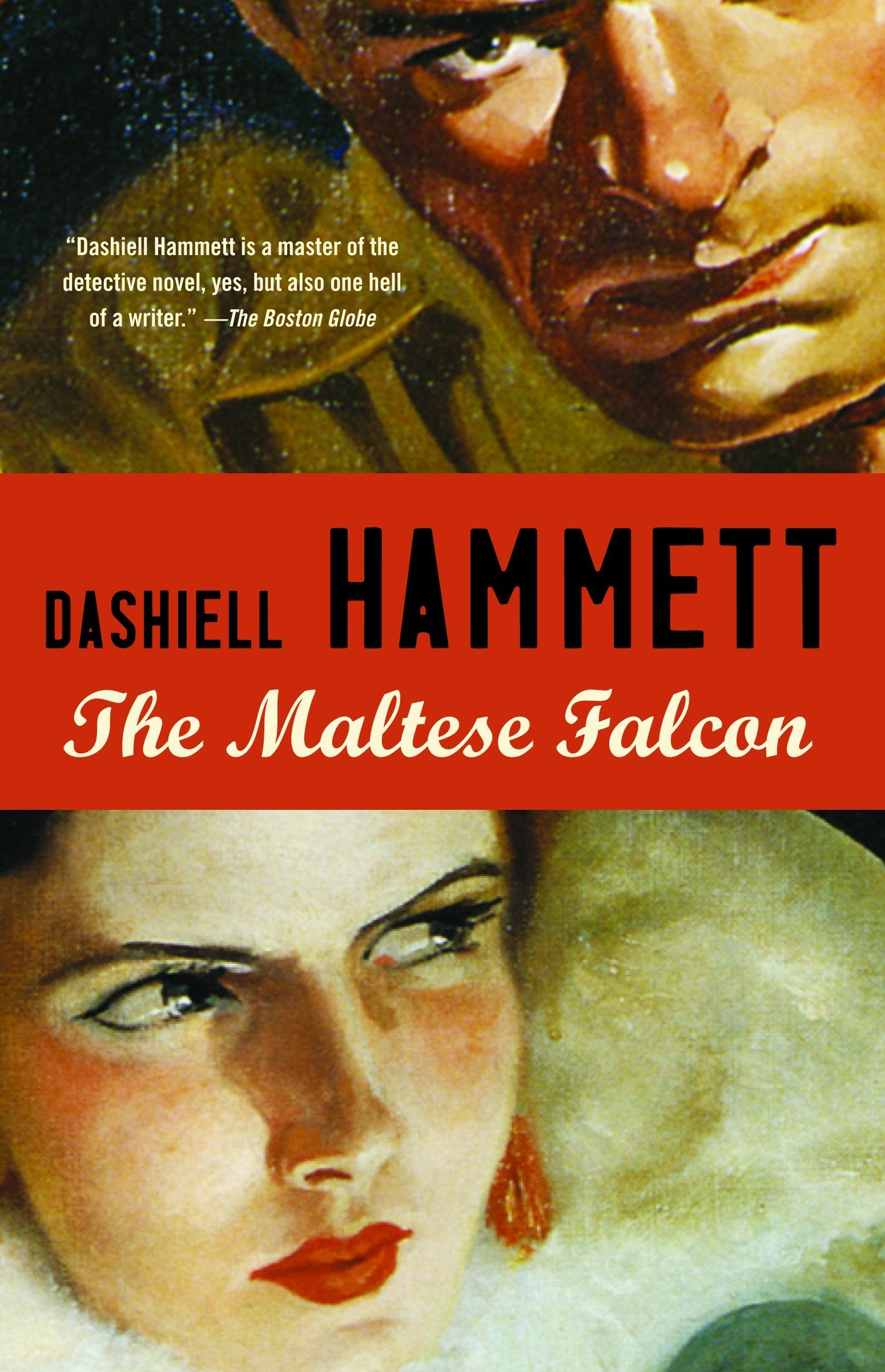
Detective Fiction in the 20th Century
Examine the enormous popularity of mystery/detective fiction and consider the nature of this genre; the evolution of the genre from its roots in Poe and Conan Doyle; and the distinction between so-called “real literature” and “trash.” Experience how literature grows out of, changes, and is changed by the cultural climate and historical moment from which it springs.
THE BOOKS
- The Inspector Barlach Mysteries Friedrich Durrenmatt
- The Hound of the Baskervilles Arthur Conan Doyle
- The Maltese Falcon Dashiell Hammett
- Strong Poison Dorothy Sayers
- The Godwulf Manuscript Robert B. Parker
- “A” is for Alibi Sue Grafton
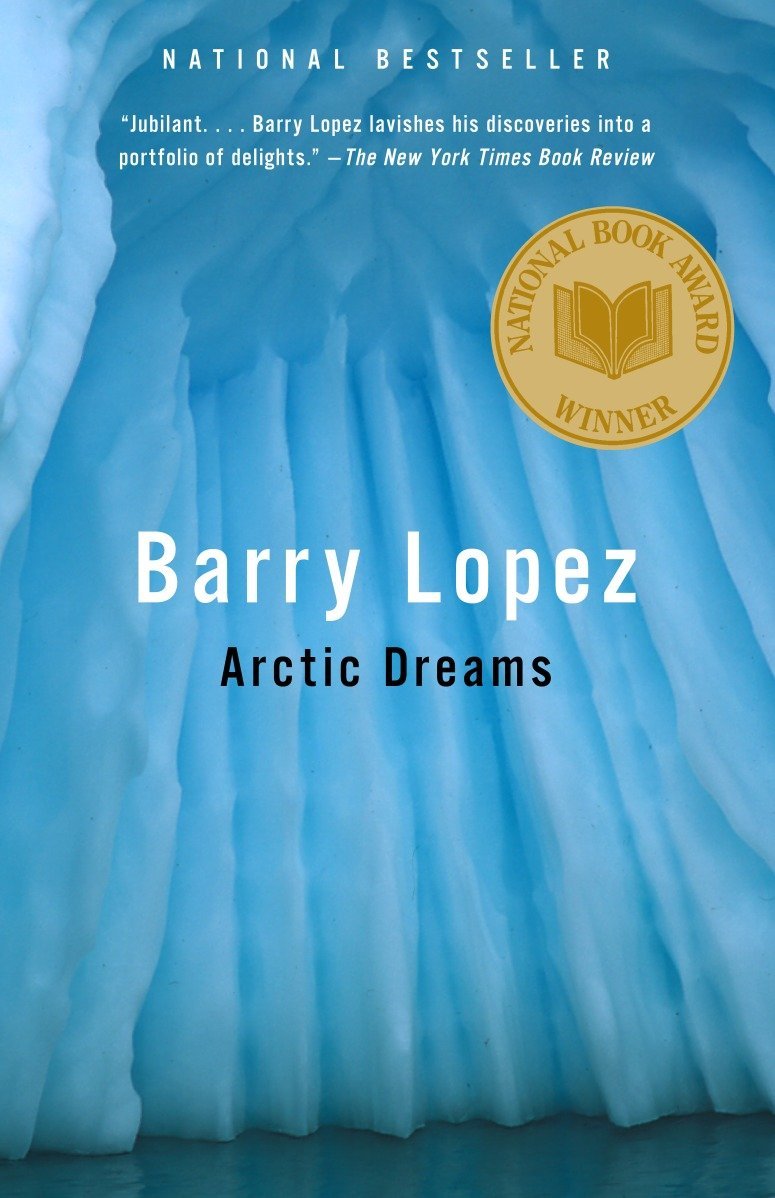
Entering Nature
The tradition of nature writing eludes the usual kinds of definition and classification. It draws on the vocabularies and perspectives of science, philosophy, religion, historiography, journalism, fiction, and poetry; but it has a wary and skeptical sense of the limitations and simplifications that are inherent in any single, specific intellectual discipline or literary form.
THE BOOKS
- The Tree John Fowles
- Lives of the Cell Lewis Thomas
- Pilgrim at Tinker Creek Annie Dillard
- Desert Solitaire Edward Abbey
- Arctic Dreams Barry Lopez
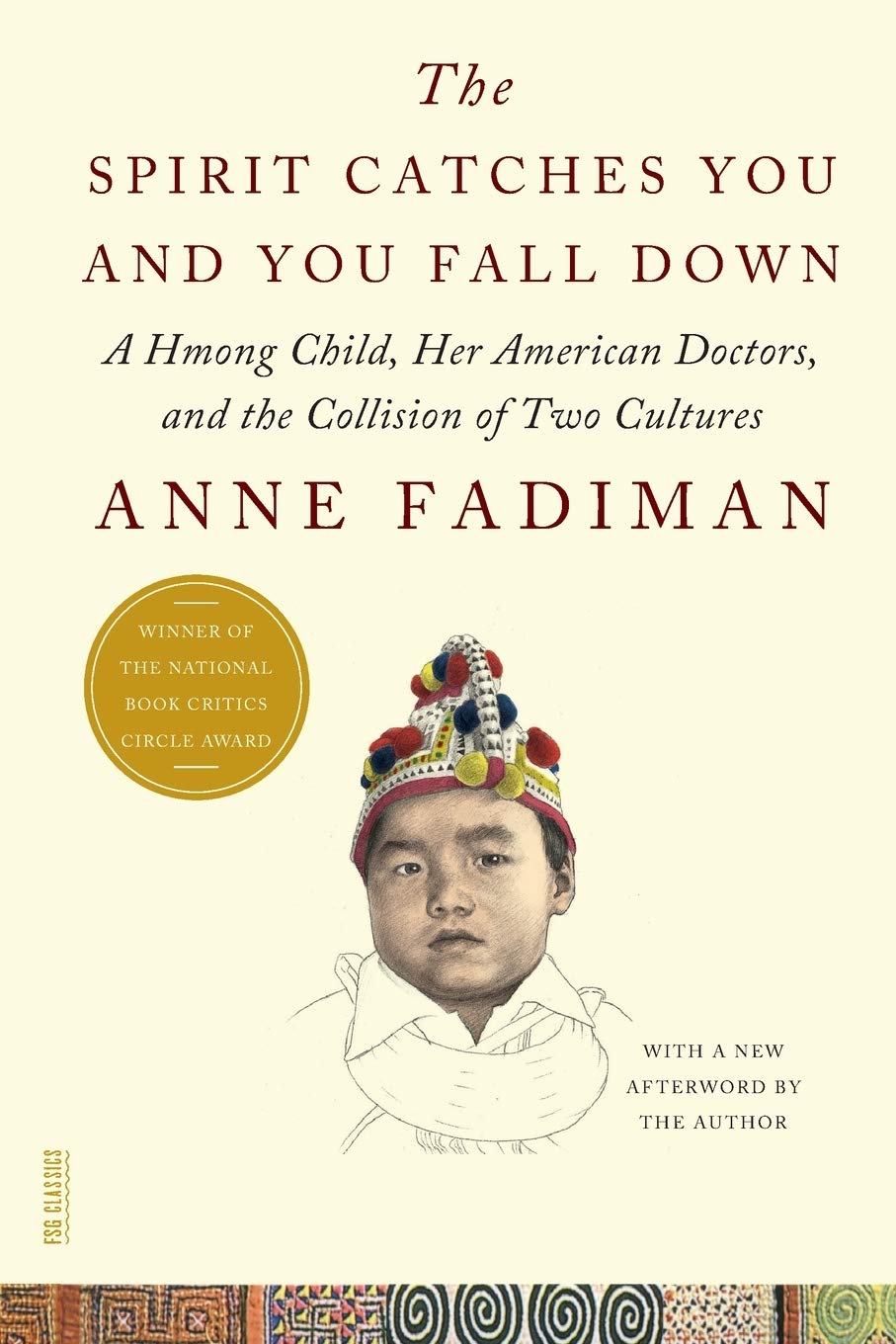
Exploring Human Boundaries
This series explores notions of illness and wellness from different perspectives, examining (in part) how both are defined by cultural and social values and by the notion of “expertise.” Who has expertise, and how is this determined?
THE BOOKS
- The Spirit Catches Fire and You Fall Down Anne Fadiman
- The Yellow Wallpaper Charlotte Perkins Gilman
- The Plague Alber Camus
- The Diving Bell and the Butterfly Jean-Dominique Bauby
- Wit Margaret Edson
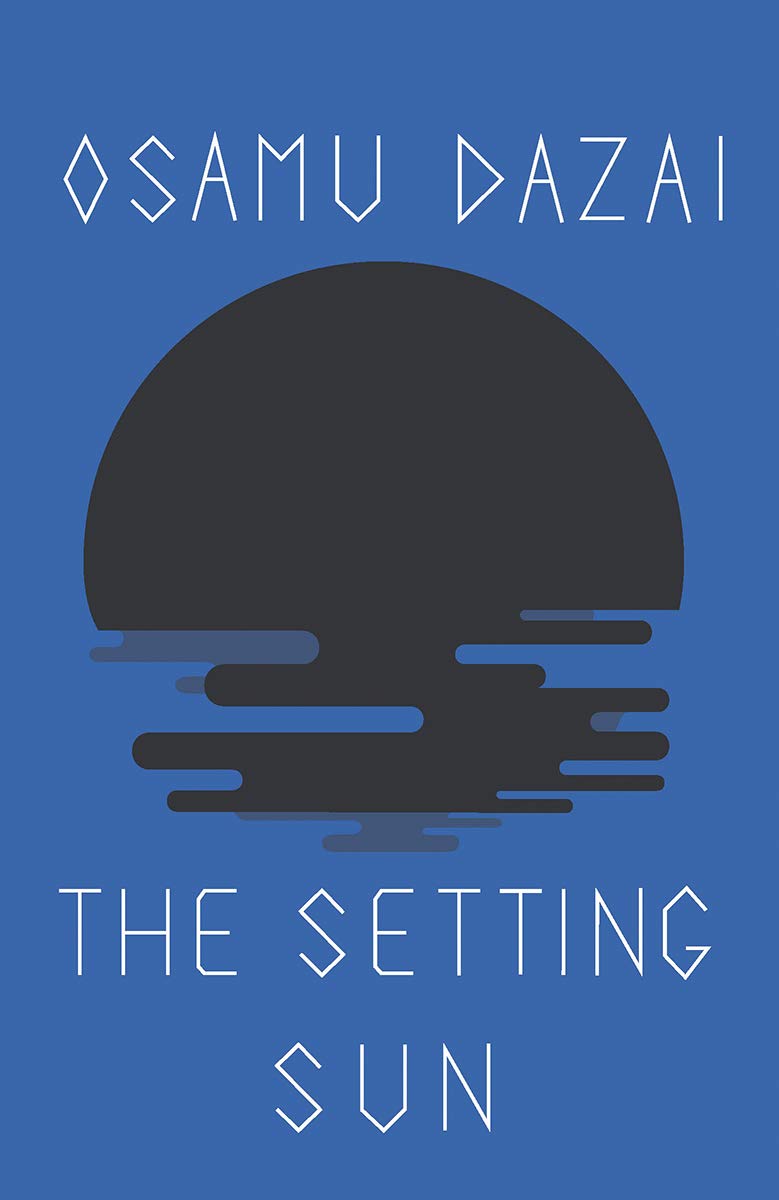
Family and Self
The family is an important social unit in any society. In Japan, with its strong legacy of Confucian values and traditional emphasis of group over the individual, the family plays an exceptionally important role. This series explores five novels–two authored by women and three by men–each engaged with issues of both family and self, but from widely differing perspectives.
THE BOOKS
- The Waiting Years Enchi Fumiko
- The Makioka Sisters Tanizaki Junichirô
- The Setting Sun Dazai Osamu
- A Personal Matter ôe Kenzaburô
- Goodbye Tsugumi Yoshimoto Banana
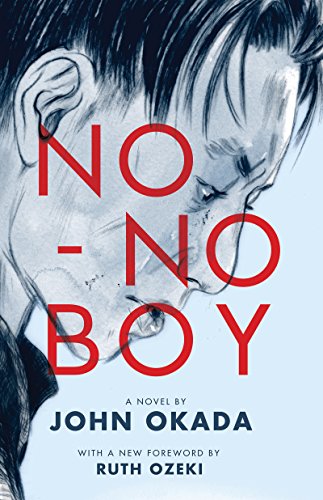
Growing Up Between Cultures
This series highlights the cultural diversity in almost every setting and reveals the many different ways there are to negotiate those competing claims of identity. Characters wrestle with questions about their identity that are complicated by their experiences growing up among multiple cultures.
THE BOOKS
- Don’t Let’s Go to the Dogs Tonight Alexandra Fuller
- The Names N. Scott Momaday
- Lost in Translation Eva Hoffman
- Anna In-Between Elizabeth Nunez
- No-No Boy John Okad
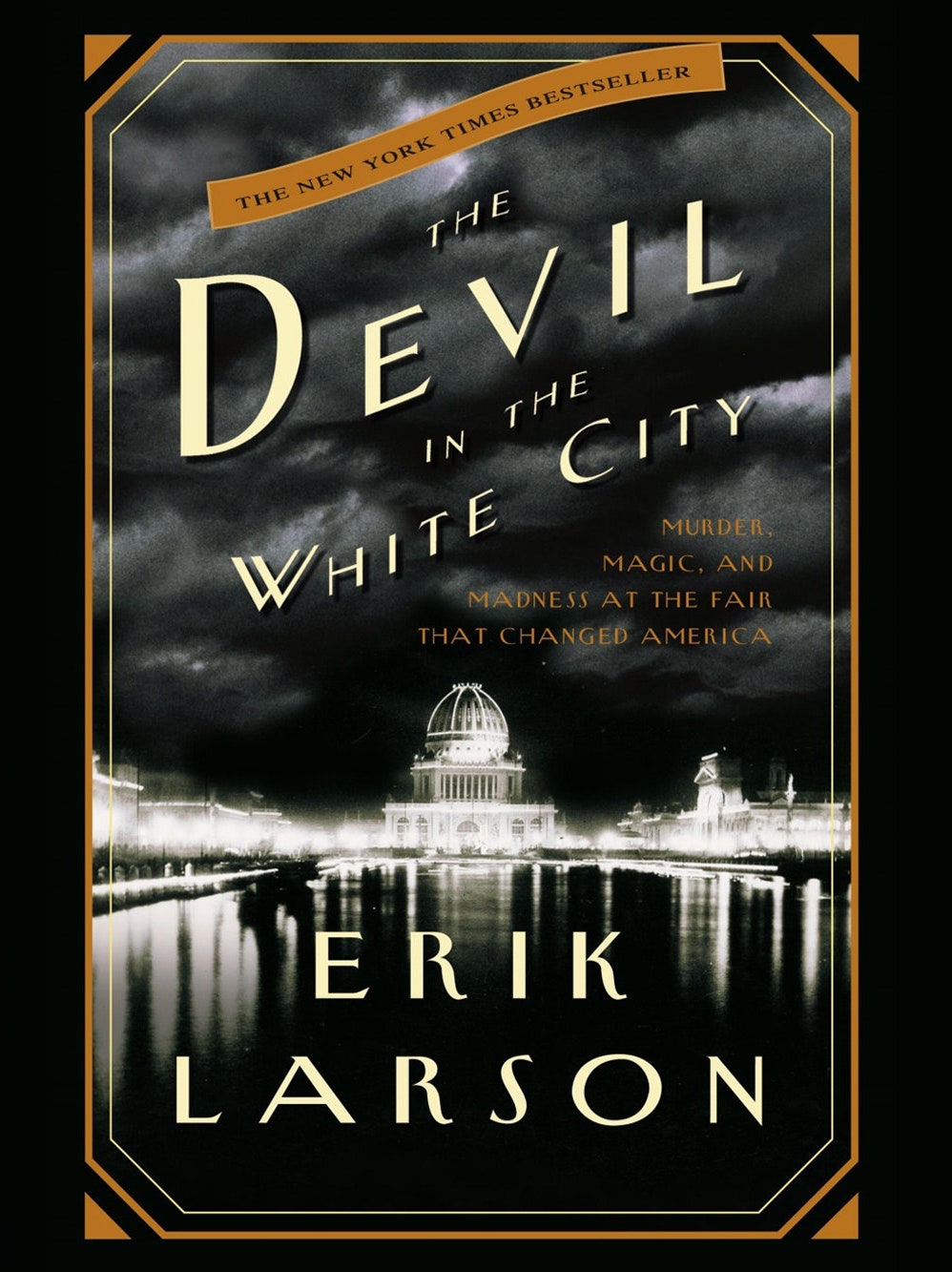
The Gilded Age
This series will examine one the most pivotal yet most neglected eras of United States history, one that began to define the parameters of the modern world in which we live.
During the last quarter of the nineteenth century, Americans turned their attention to economic projects of physical expansion and material wealth. The people of principle became the people of progress. In addition to industrialization, urbanization, and migration, the modernization of the US brought with it the rise of a leisure class and a new therapeutic consumer culture.
THE BOOKS
- The Devil in the White City Erik Larson
- The Gilded Age Mark Twain
- The Age of Innocence Edith Wharton
- The Rise of Silas Lapham William Dean Howells
- Poland Spring David Richards
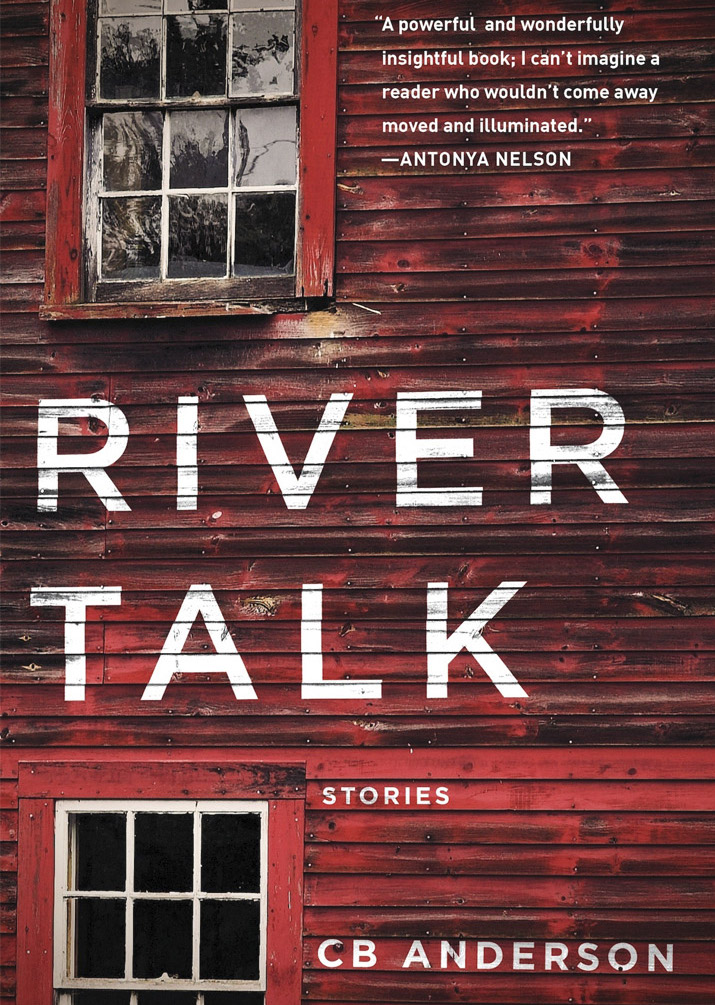
Invisible New England
The traditional view of New England is pastoral, small-scale, and well ordered—its inhabitants Anglo-Saxon, taciturn, frugal, and hardworking. These generalizations suggest a homogeneous community, when in fact, New England in the late 19th century had the most ethnically diverse population in the country and extensive industrialization. How did this gap between perception and reality come about?
THE BOOKS
- The Living is Easy Dorothy West
- The Burgess Boys Elizabeth Strout
- River Talk C.B. Anderson
- All Souls: A Family Story from Southie Michael Patrick MacDonald
- The Lobster Kings Alexi Zentner
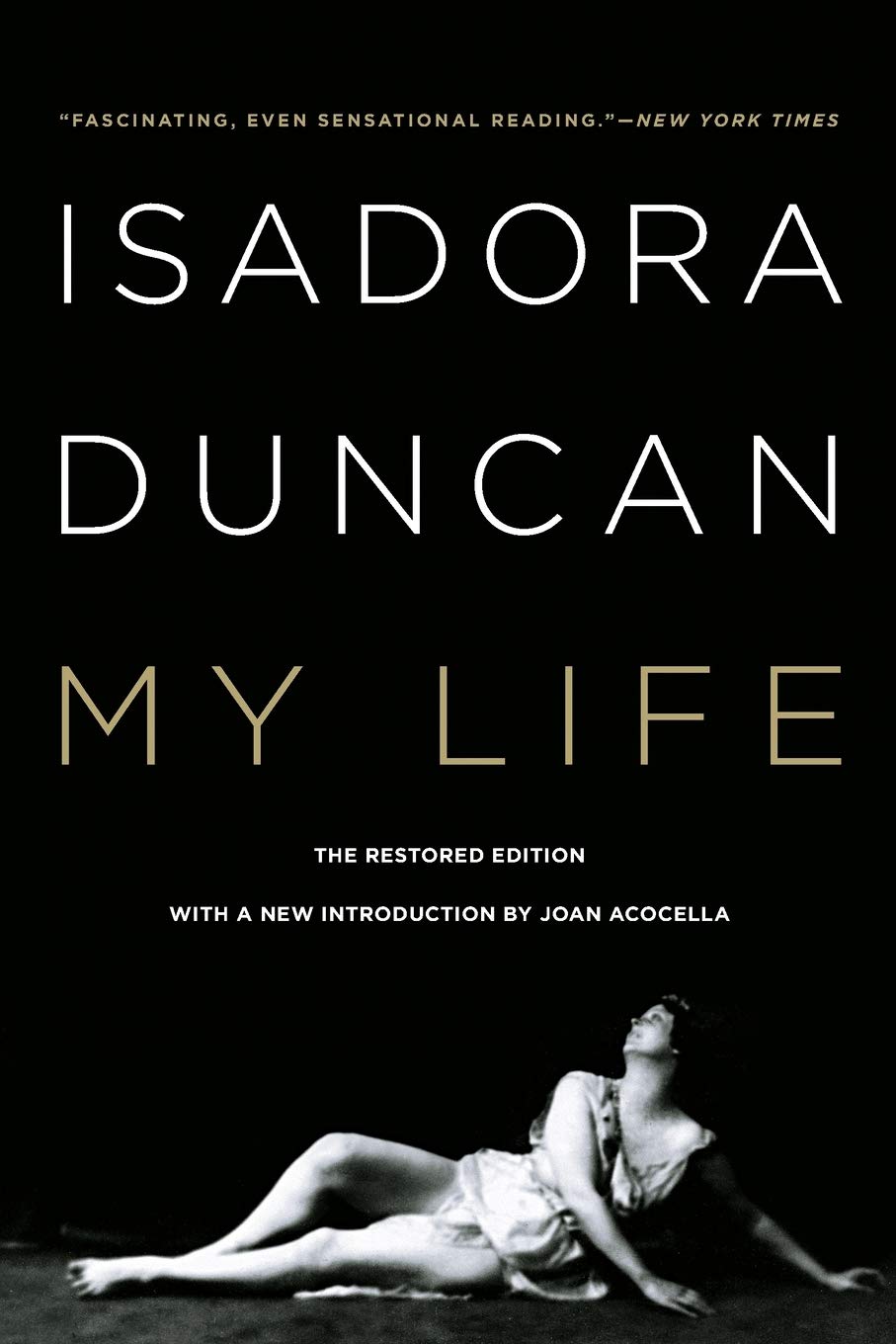
The Journey Inward
The quest for identity often involves undertaking a journey, whether literally or figuratively. The five autobiographies in this series tell of both kinds of journeys.
Welty recalls her family’s week-long trips in their touring car to visit relatives in West Virginia; Stewart’s letters are written as a result of a move to frontier Wyoming; Hurston is literally on the move from the age of nine; Duncan voyages at a young age from San Francisco to Chicago to London and then to the Continent, Africa, Greece, and Russia; Lahiri discusses journeys in a whole new light.
THE BOOKS
- One Writer’s Beginnings Eudora Welty
- Letters of a Woman Homesteader Elinore Pruitt Stewart
- Dust Tracks on a Road Zora Neal Hurston
- My Life Isadora Duncan
- Redefining Realness Jhumpa Lahiri
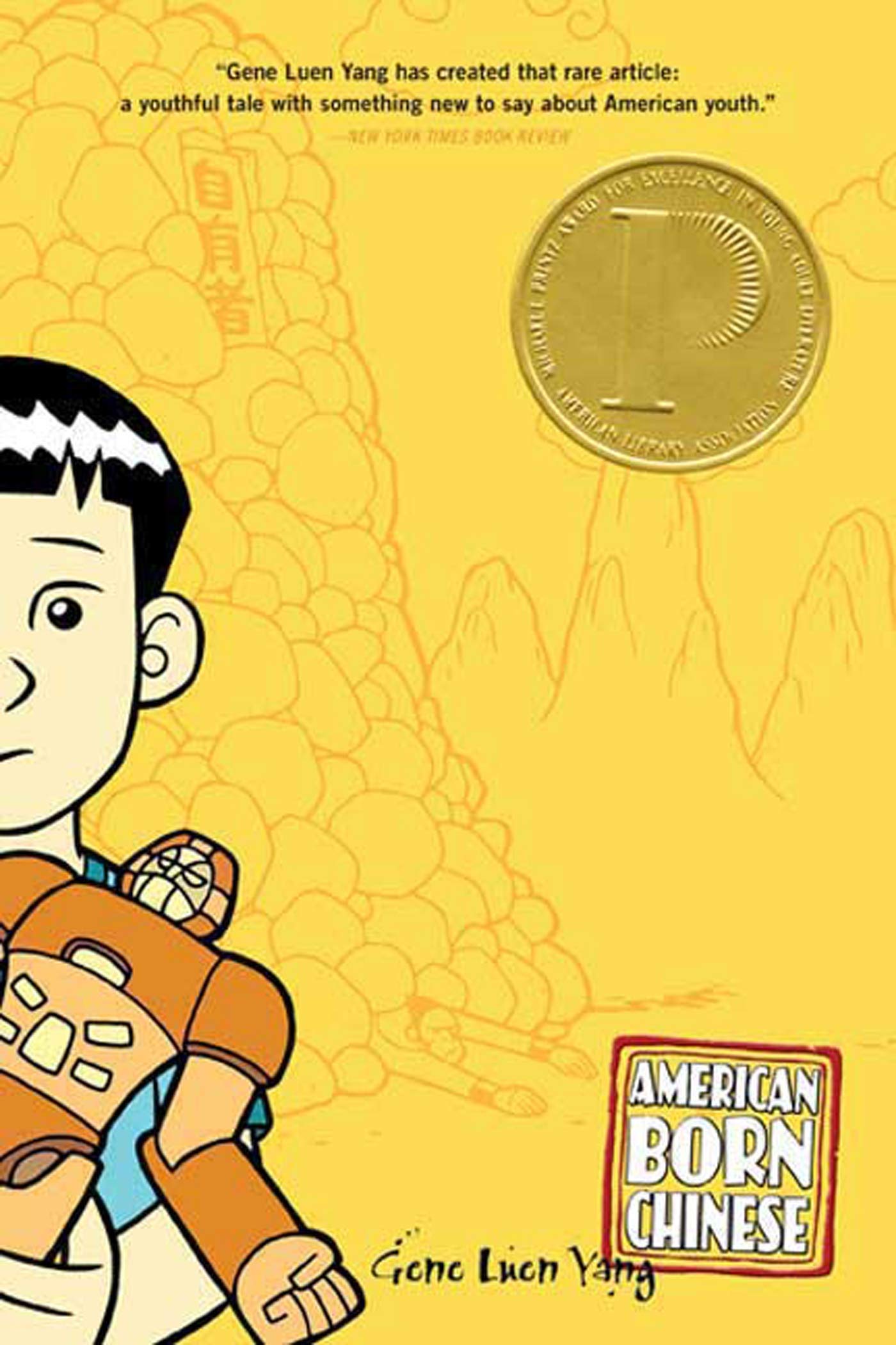
Let’s Talk Graphic
Explore the range of graphic literature—books that use images and words together to tell stories and contemplate the world.
THE BOOKS
- Perspolis Marjane Strapi
- American Born Chinese Gene Luen Yang
- Skim Mariko Tamaki
- Refresh Refresh Danica Novgorodoff
- Understanding Comics: The Invisible Art Scott McCloud
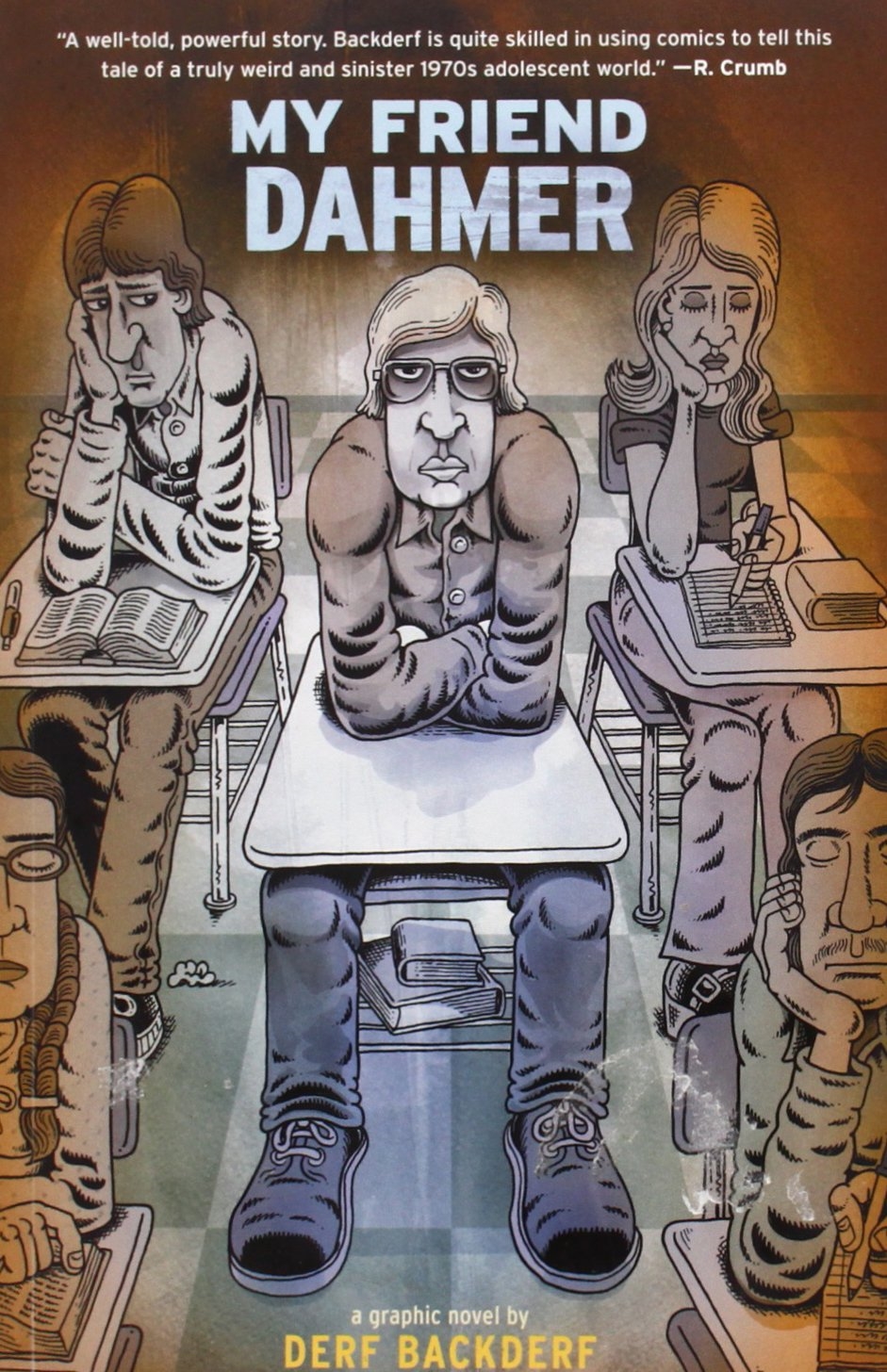
Let’s Talk Graphic 2
Explore the range of graphic literature—books that use images and words together to tell stories and contemplate the world.
THE BOOKS
- Real Life Cory Doctow
- Death Note, Vol. 1: Boredom Tsugumi Ohba
- My Friend Dahmer Derf Backderf
- Tomboy: A Graphic Memoir Liz Prince
- Understanding Comics: The Invisible Art Scott McCloud
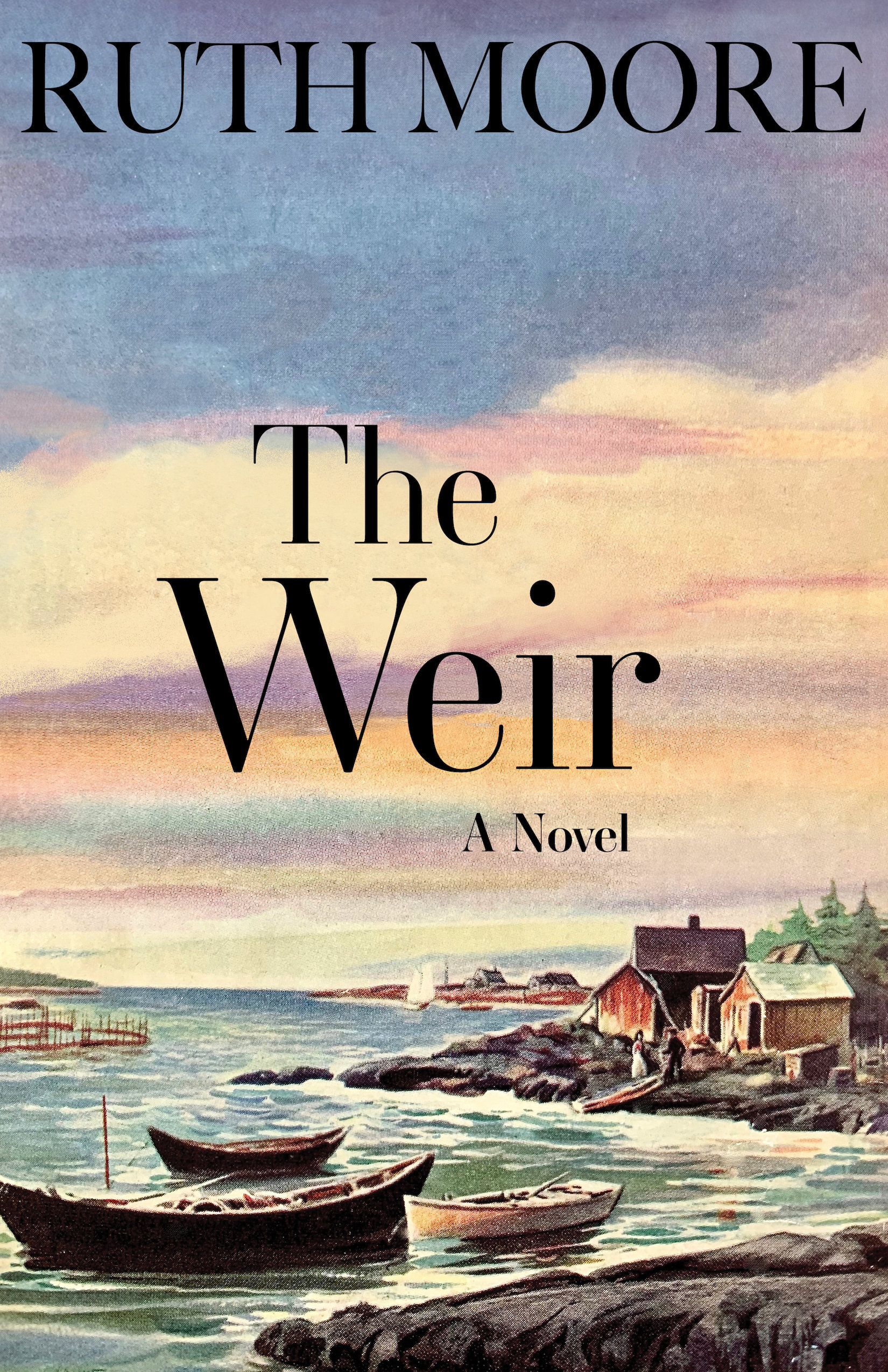
Mirror of Maine
These books explore community life in Maine. What defines community? What values have been associated with community life in Maine, and how many of these values still exist today? What are the confinements or darker realities that exist in Maine communities?
THE BOOKS
- The Maine Hamlet Lura Beam
- Wildfire Loose Joyce Butler
- Salem’s Lot Stephen King
- Twelve Journeys in Maine Wesley McNair
- The Weir Ruth Moore
- Empire Falls Richard Russo
- 3 Nations Anthology: Native, Canadian, & New England Writers Valerie Lawson (Editor)
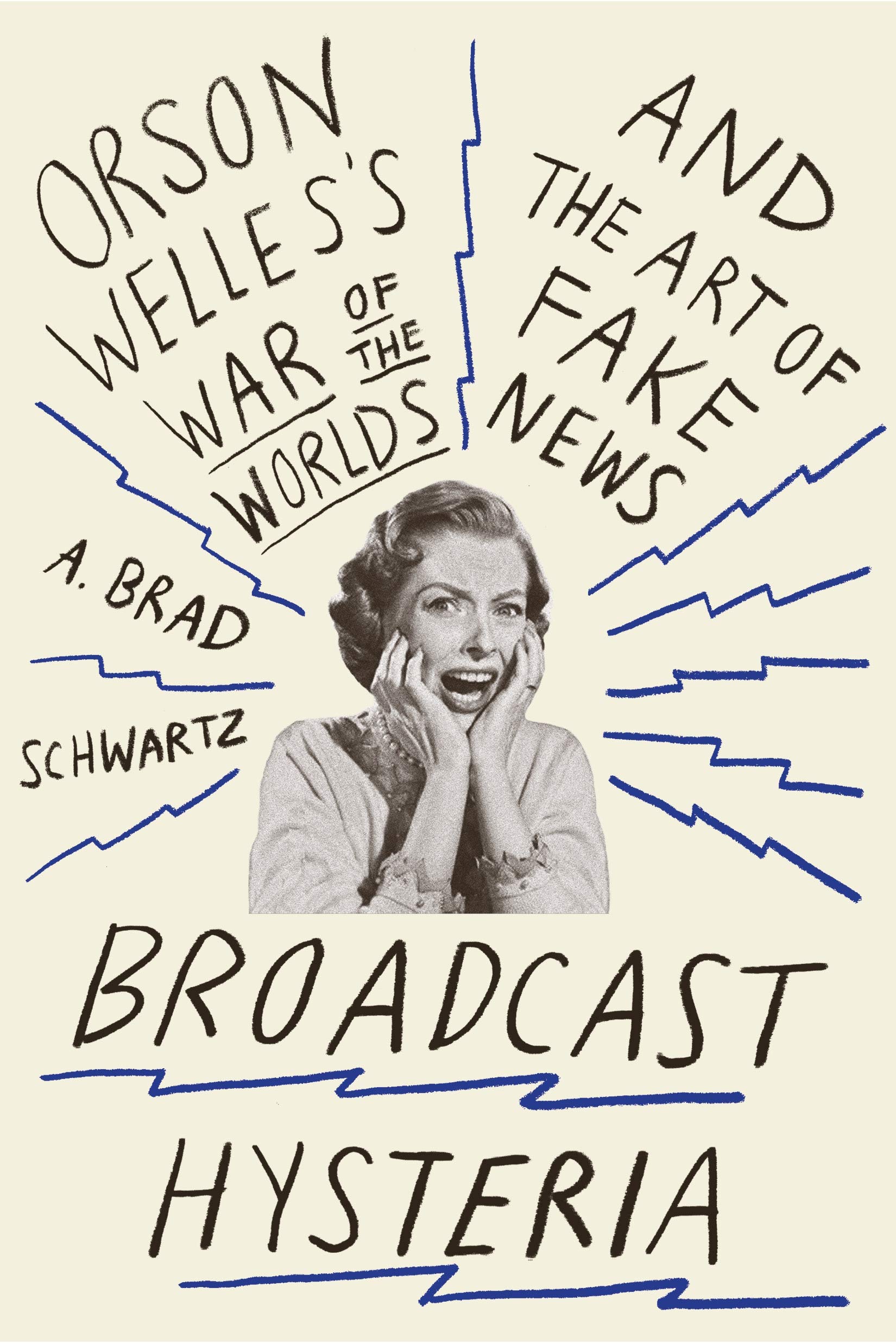
A Matter of Trust
How (and how much) does journalism matter to American democracy? This series examines matters of reliability, deception, and journalism’s place in a democracy. How has journalism changed and where might it go? This series was Developed by Cynthia Anderson with librarian consultants Jennifer Alvino and Laurie Carpenter.
THE BOOKS
- Readings Ray Bradbury’s "Fahrenheit 451" paired with Jill Lepore’s “Hard News: The State of Journalism” (newyorker.com, January 28, 2019)
- More Than Fun and Games Neil Postman’s "Amusing Ourselves to Death" paired with David Puttnam’s TED Talk (‘Duty of Care’ in the Media) and Tim Groseclose’s Q&A on freakonomics.com (August 8, 2011)
- How Best to Tell the Story? Joe Sacco’s "Palestine" paired with “The Lost Meaning of Objectivity” by Walter Dean (americanpressinstitute.org, October 9, 2013)
- Strange, and Stranger Still Orson Welles’s broadcast of “War of the Worlds”; A. Brad Schwartz’s "Broadcast Hysteria: Orson Welles’s War of the Worlds and the Art of Fake News"; “Confessions of a Fake News Writer” (Winston Wordsworth, medium.com, Sept 26, 2018); and Billy Baker’s Boston Globe profile of Christopher Blair (April 17, 2019).
- Where Should We Put the GPS? Colson Whitehead’s "John Henry Days"; Mark Zuckerberg’s “Building Global Community,”; Adrienne LaFrance’s “The Mark Zuckerberg Manifesto Is a Blueprint for Destroying Journalism” (atlantic.com, February 17, 2017); “Journalism Isn’t Dying. It’s Returning to Its Roots,” by Antonio Garcia Martinez (wired.com, February 10, 2019); and Christiane Amanpour’s “No Free Press, No Democracy” (cnn.com, November 14, 2017).
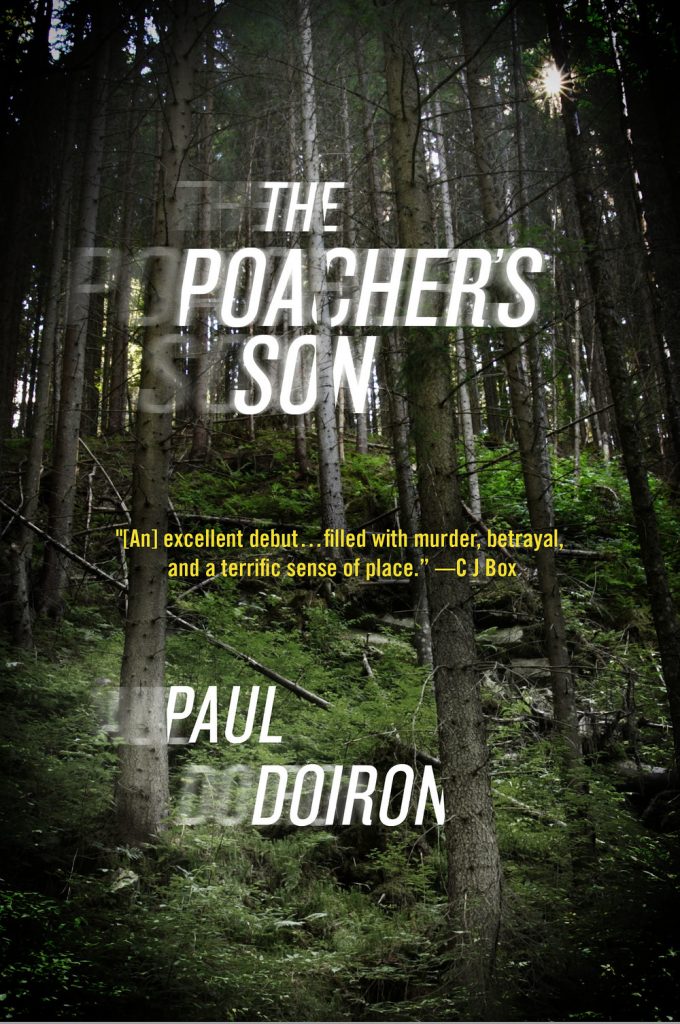
Mysteries by Maine Authors
This series plunges into the gritty underbelly of Maine as seen through the eyes of its talented mystery authors.
Are you hooked on mysteries and looking to explore the genre further? Are you new to mysteries and hoping some group discussion will open up a new world? These books offer a healthy variety of perspectives on life in Maine and on the dark side of human nature.
THE BOOKS
- The Poacher’s Son Paul Doiron
- A Show of Hands David A. Crossman
- Potshot Gerry Boyle
- Cold Hard News Maureen Milliken
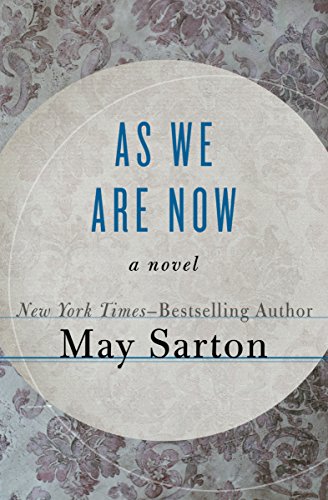
The Passage of Time
While the American Dream portrays change as “a new beginning” and history as inevitable progress, this selection of Maine writers regards the passage of time more skeptically. For many of these writers, the vanished past has an idyllic quality and the future seems dark.
Time brings changes that can have tragic consequences. What strategies for survival are available to those living in a diminished present, with an uncertain future? The writers in this series represent a span of nearly one hundred years, and each provides a different perspective on the problems posed by the passage of time.
THE BOOKS
- The Country of the Pointed Firs Sarah Orne Jewett
- Collected Lyrics Edna St. Vincent Millay
- One Man’s Meat E.B. White
- As We Are Now May Sarton
- The Beans of Egypt, Maine Carolyn Chute
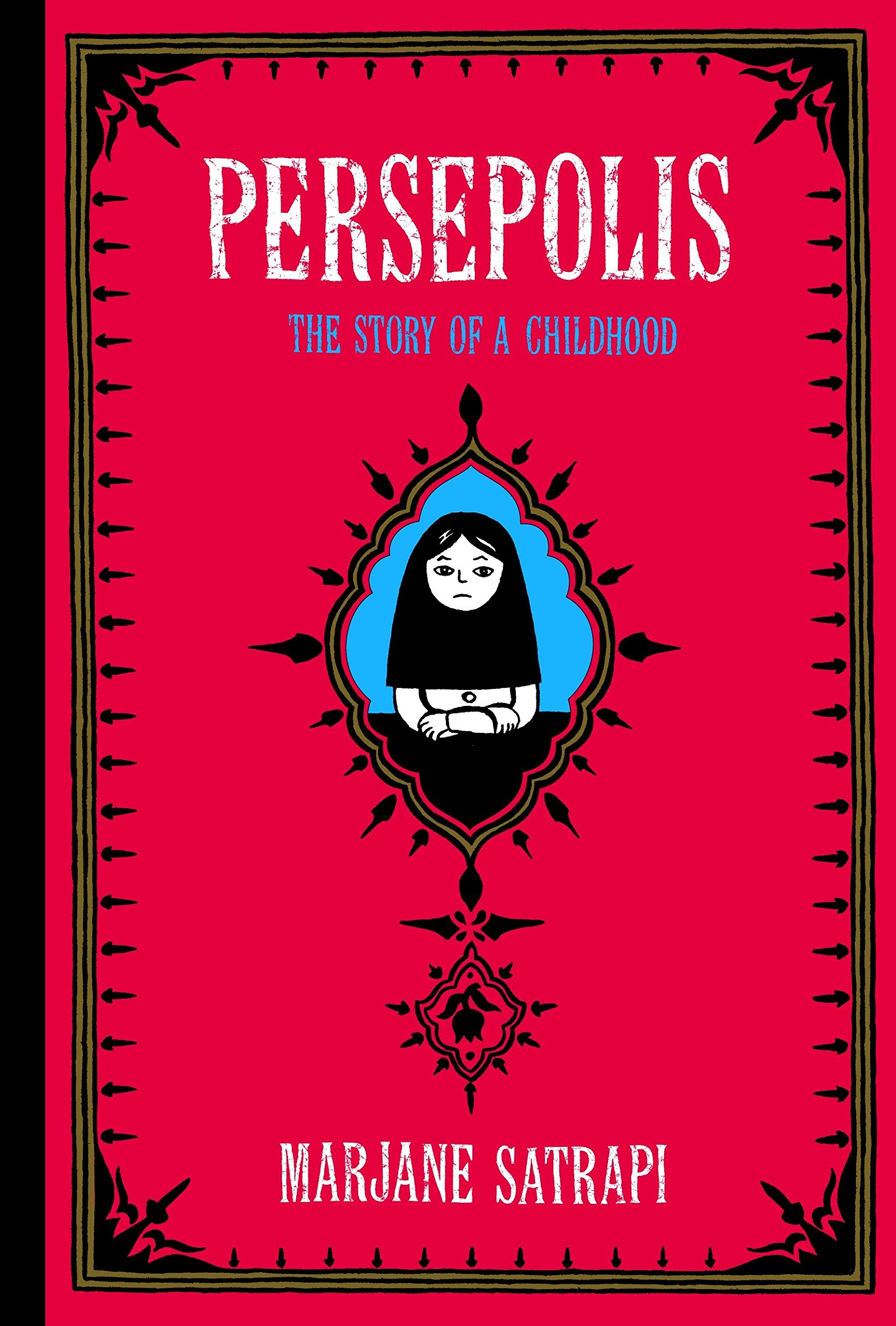
Points of View
These narratives are a diverse sampling across geography, time, and culture. The voices they feature are not only those of Muslims, but also non-Muslims reflecting on the experience of living in Muslim-majority societies in all their diversity.
Although in no way an exhaustive collection, these books—like Muslim-majority societies—do not offer one story, but tell many stories and represent some of the best in contemporary storytelling.
THE BOOKS
- In the Country of Men: A Novel Hisham Matar
- Persepolis Marjane Strapi
- House of Stone: A Memoir of Home, Family, and a Lost Middle East Anthony Shadid
- Broken Verses: A Novel Kamilia Shamsie
- Dreams of Trespass: Tales of a Harem Girlhood Fatima Mernissi
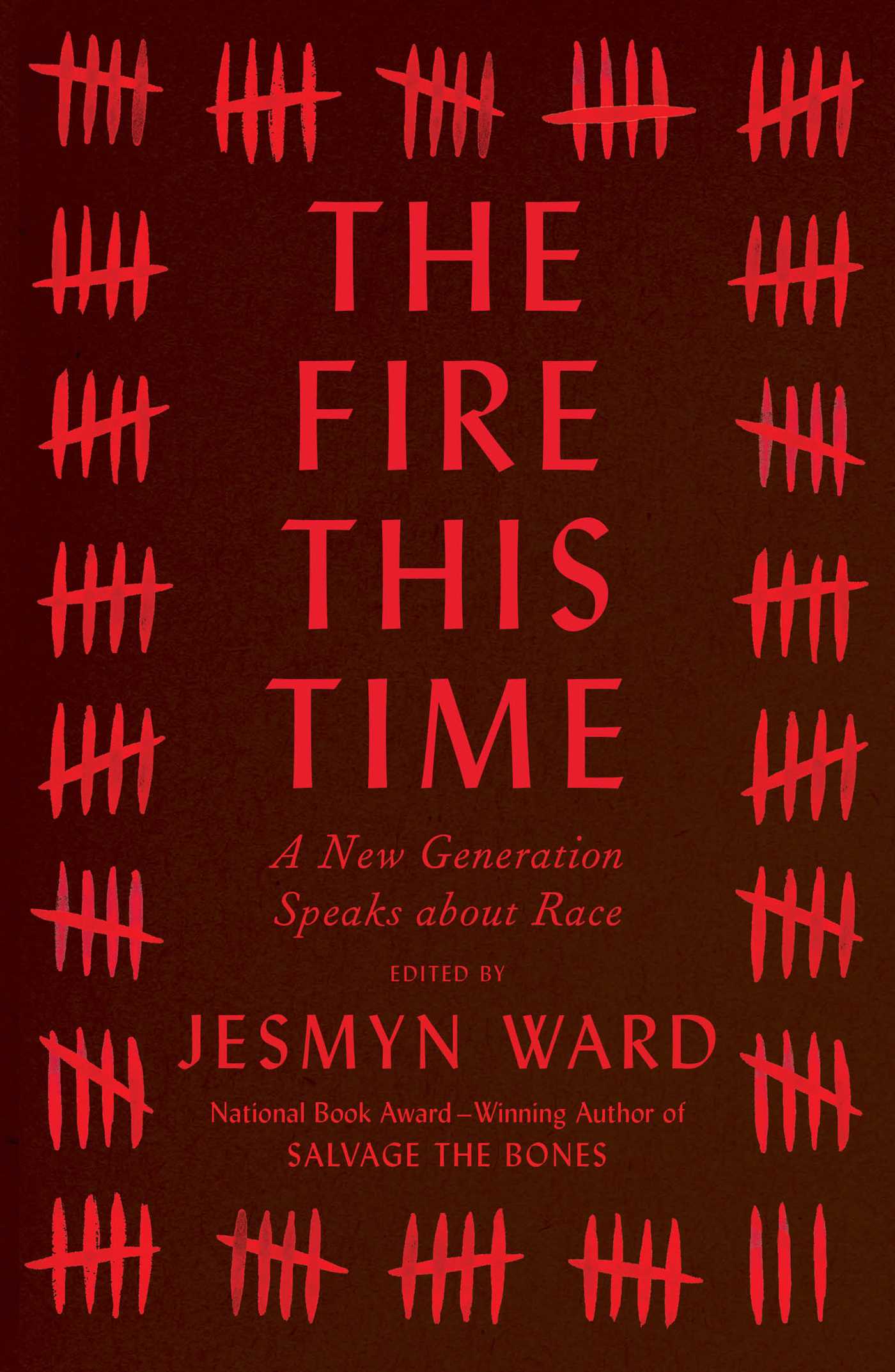
Race and Justice in America
This series demonstrates that race has been a defining feature of the American democratic experience and that the ideology of white supremacy is still deeply embedded within the American system of justice today. It challenges the notions of this being a “postracial” society and that the American system of justice is both impartial and “colorblind.”
Each of the books in this series provides historical analyses of selected events, court rulings, and public policies that help to explain the Black American struggle for citizenship, civil rights, and equal treatment under the laws, and how justice is often undercut by institutional racism and private prejudices.
THE BOOKS
- Contempt of Court: The Turn-of-the-Century Lynching That Launched A Hundred Years of Federalism Mark Curriden
- The Arc of Justice: A Saga of Race, Civil Rights, and Murder in the Jazz Age Kevin Boyle
- The Contested Murder of Latasha Harlins: Justice, Gender, and the Origins of the LA Riots Brenda Stevenson
- Just Mercy: A Story of Justice and Redemption Bryan Stevenson
- The Fire This Time: A New Generation Speaks About Race Jesmyn Ward (Editor)
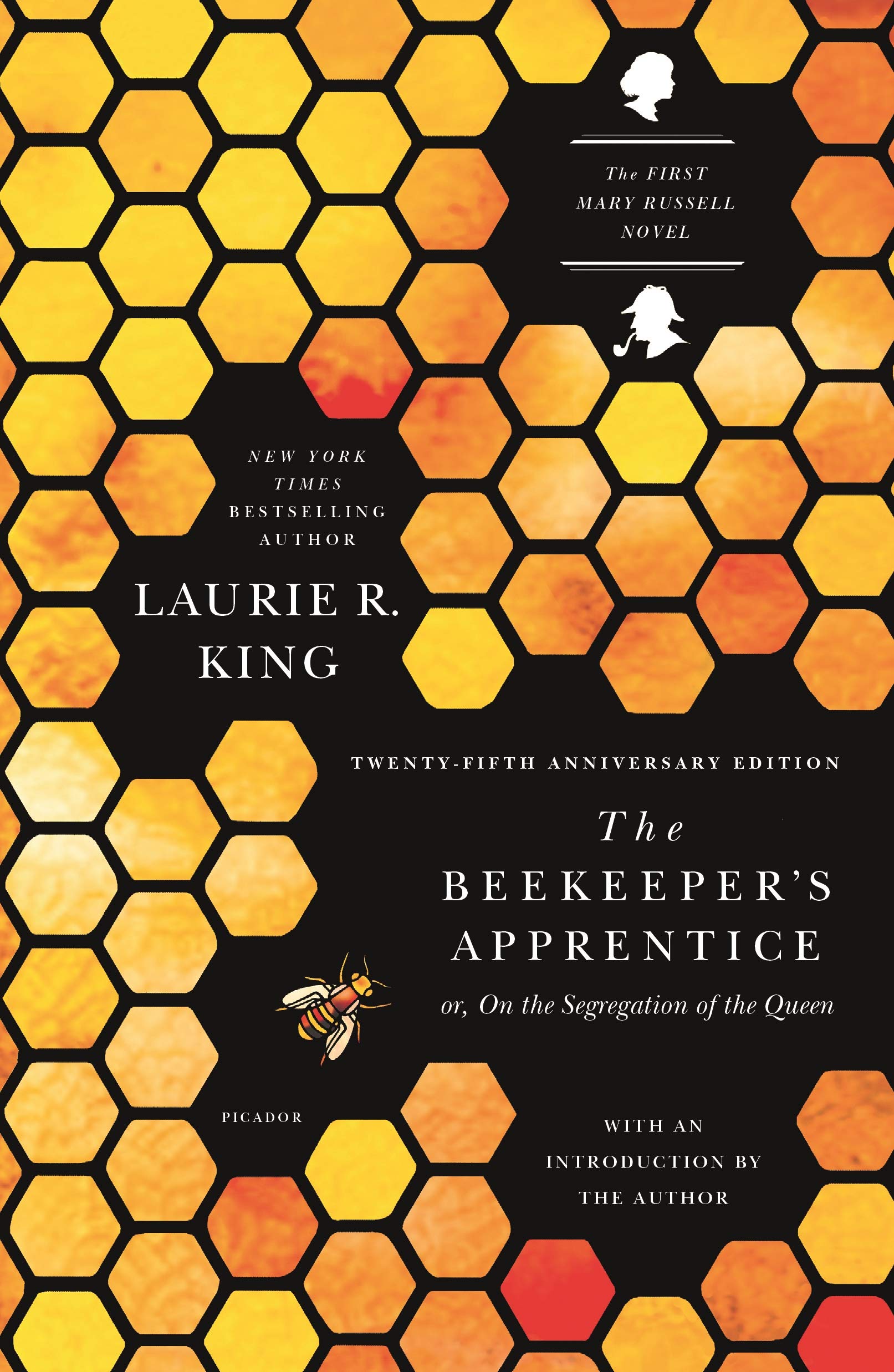
Refreshing the Whodunit
How has mystery and detective fiction incorporated the contemporary world’s globalism; dilemmas of race, gender, ethnicity and class; religious conflict; historical revision; and others?
Does the mystery merely reflect its cultural environment or does it help to elucidate or even change that same environment? What do mysteries bring today’s readers that we really need, though we might not have known we need it? How much social change can a formulaic plot generate or reflect?
THE BOOKS
- The Beekeeper’s Apprentice Laurie R. King
- Dance Hall of the Dead Tony Hillerman
- The Skull Mantra Eliot Pattison
- A Cold Day for Murder Dana Stabenow
- Murder at the Nightwood Bar Katherine V. Forrest
- Inspector Morimoto and the Japanese Cranes Timothy Hemion
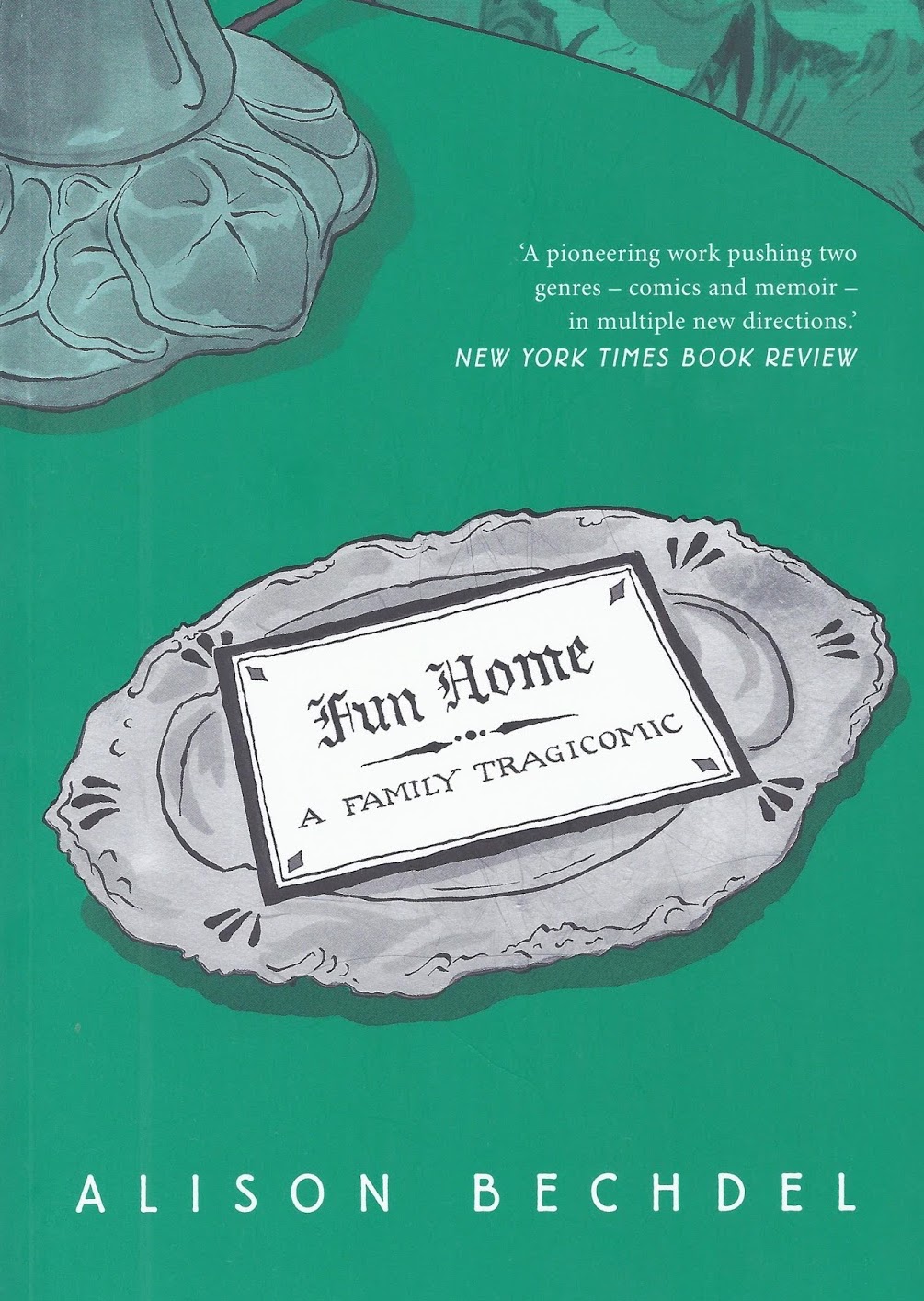
Reimagining the American Family
What images does the “family” conjure in the American imagination? What does the “family” really mean in national, social, and political discourses? How do we square societal expectations with reality?
This series attempts to: recognize the strategies authors use to depict American identity in its many iterations; to situate our own ideas about American identity within the context of other articulations inflected by race, class, gender, and sexuality; and to come to a deeper understanding of whether there is such a thing as an essentially “American” identity at all.
THE BOOKS
- Can We Talk About Something More Pleasant? Roz Chast
- Fun Home Alison Bechdel
- Brothers and Keepers John Edger Wideman
- What the Living Do Marie Howe
- Hillbilly Elegy J.D. Vance
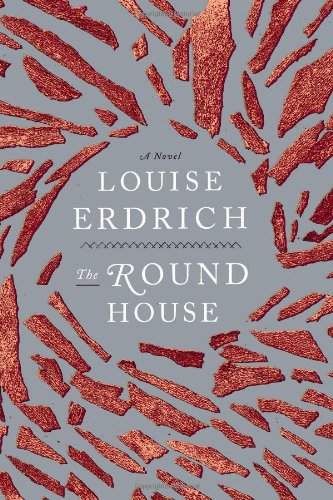
Violence and Belonging
In examining the legacies of the Fourteenth Amendment for the nation’s literary history, this reading and discussion series looks at books that address issues of diversity, identity, and inequality in exploring how, for many Americans, the promise of citizenship falls short of their reality.
THE BOOKS
- Between the World and Me Ta-Nehisi Coates
- A Map of Home Randa Jarrar
- Marrow of Tradition Charles Chestnut
- Once in a Promised Land Laila Halaby
- The Round House Louise Erdrich
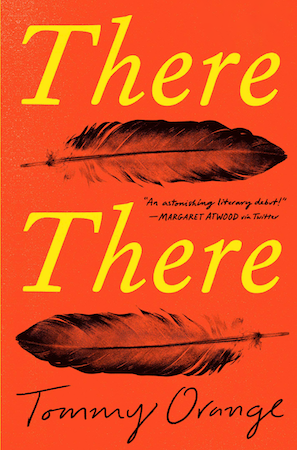
What Do We Hold Onto? What Do We Let Go?
This collection of Indigenous authors from Turtle Island seeks to investigate the questions What do we hold onto? What do we let go? Here we are, living in a world that changed overnight when the COVID pandemic arrived, that is changing all around us as the planet’s atmosphere warms more and more quickly, whose cultures and ecosystems continue to be irrevocably altered by colonization. Changed. Changed again. Still changing.
THE BOOKS
- There There Tommy Orange
- Black Sun Rebecca Roanhorse
- Johnny Appleseed Joshua Whitehead
- Future Home of the Living God Louise Erdrich
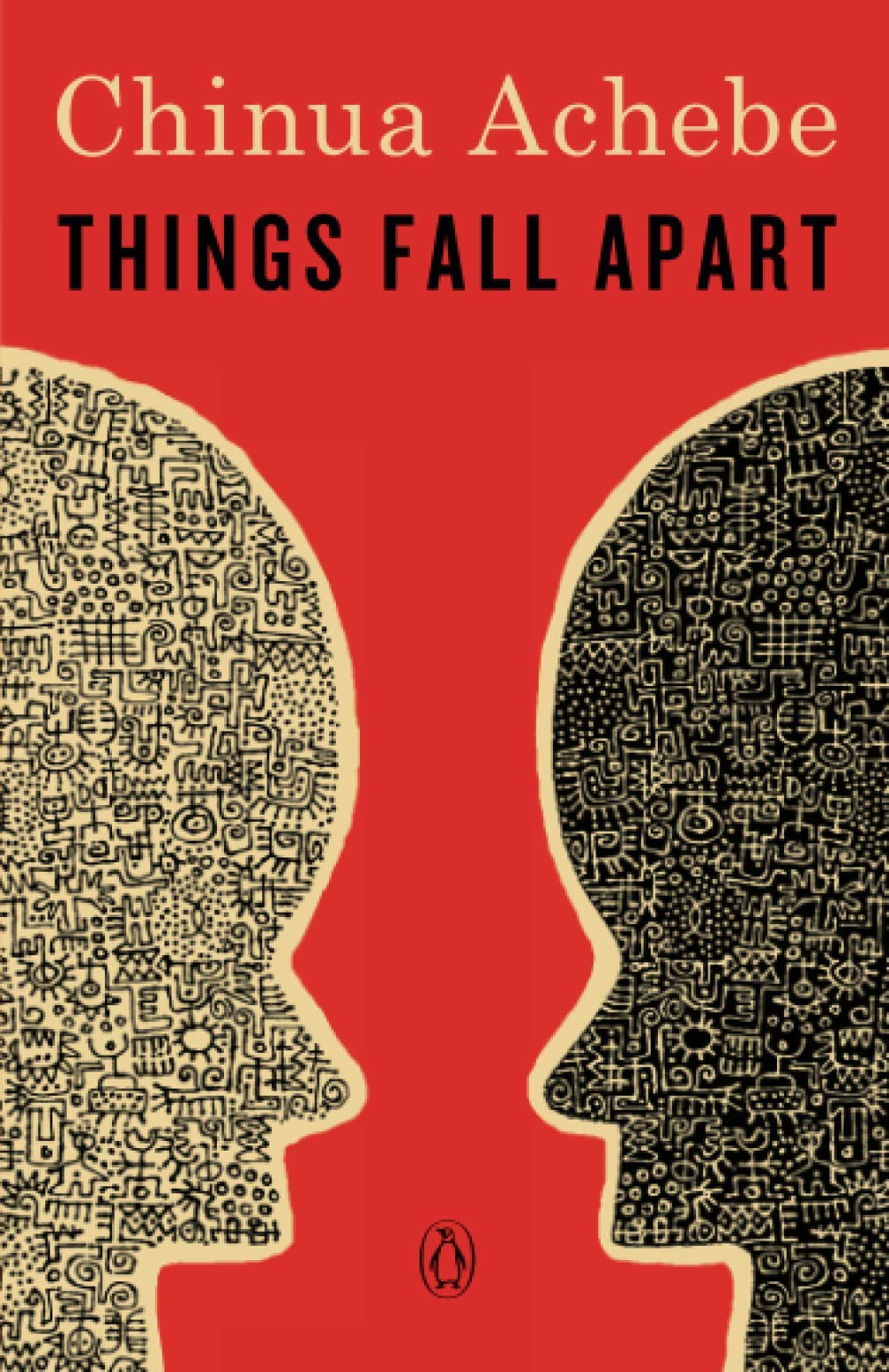
Where Am I?
Where am I? was created with the understanding that the viewpoints of those both on the inside and the outside of a jail cell, of a small town in Maine, of a village in Africa or in plague ridden England can contribute to our understanding of what is fundamental to our nature as human beings.
How do we respond to that tension between individuality and community? Does a realized self depend on community, even if it is a rejection of that community?
The community is the bridge between the family and the larger society. Seldom do we have a chance to choose our families. To what extent does an individual choose to belong to a community and how are these choices made? Is a community more than the sum of its individual parts? Can we break with family and still belong to the community?
THE BOOKS
- The Scarlet Letter Nathaniel Hawthorne
- Year of Wonders Geraldine Brooks
- 25 Years of Prison Writing Bell Gale Chevigny (Editor)
- Lord of the Flies WIlliam Golding
- Things Fall Apart Chinua Achebe
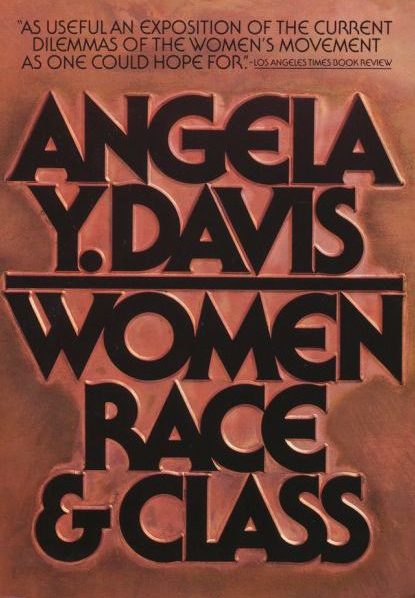
Women’s Suffrage in the U.S.: A 2020 Perspective
This series examines the mythical “origin story” of women’s suffrage in the U.S., how and why it came to dominate the public imagination, and stories that challenge this narrative as “the” history of women’s suffrage in the U.S.
These texts will flesh out both the idea of women’s suffrage as battle and consider the legacy of suffrage in the ongoing fight for women’s full political participation in the U.S. today.
THE BOOKS
- The Woman’s Hour Elaine Weiss
- The Invention of Wings Sue Monk Kidd
- The Downstairs Girl Stacey Lee
- Voting Down the Rose Anne Gass
- Unbought and Unbossed Shirley Chisholm
- Selected Readings A variety of authors
- Humanities: The Magazine of the National Endowment of the Humanities (2019)
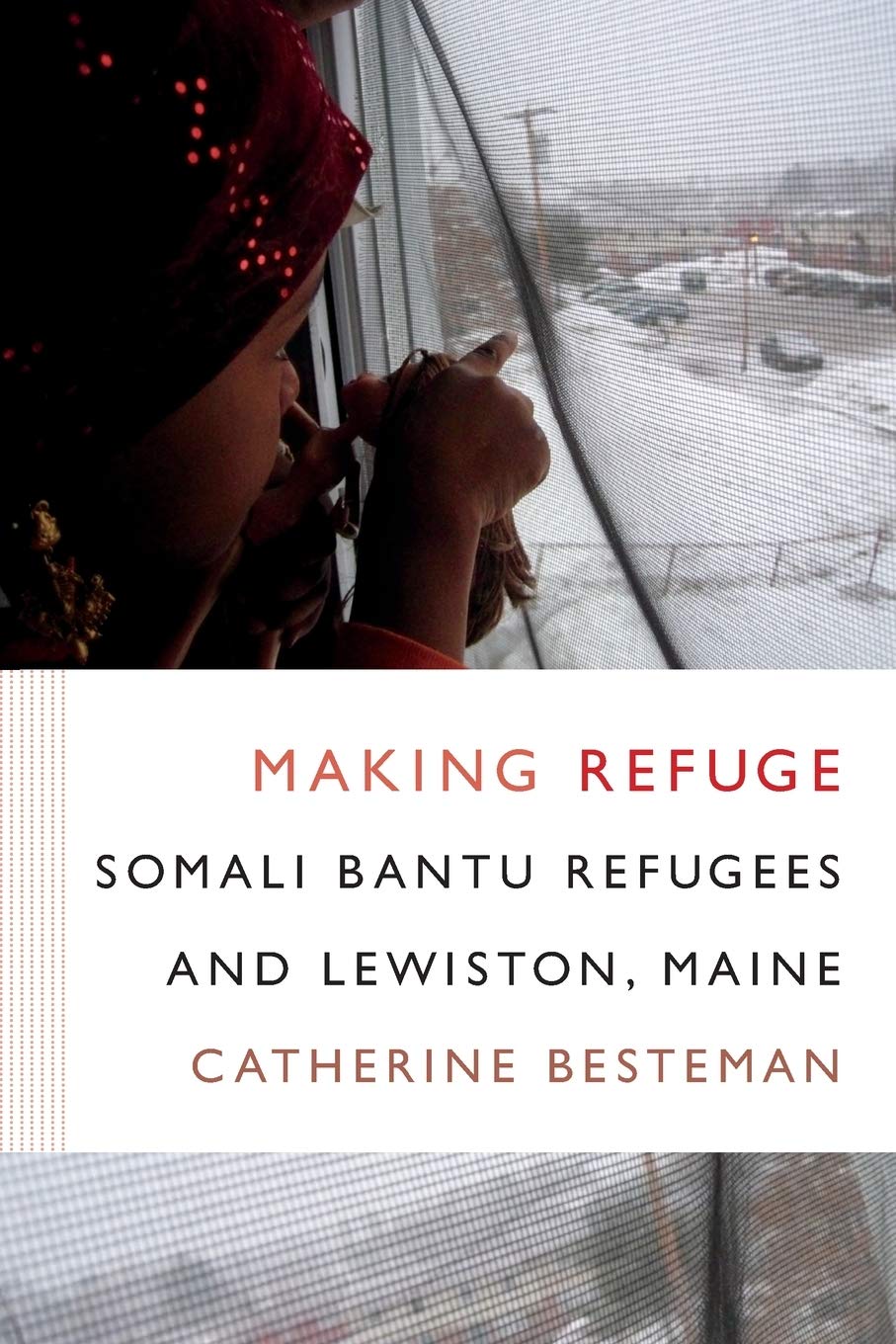
Yankees and Strangers
If the picture of New England is more complicated, and consequently richer, than the usual images, why has so much of the story been left out? This series examines the New England town—its beginnings, its changes, and its power to symbolize a way of life. Through the slide presentation, readings, and discussions with a history scholar, participants will explore these topics:
How/when did the popular image of the New England town develop? What role did immigration and urbanization play in the idealization of the New England town? Did idealization serve to exclude some citizens and privilege others, and if so, does it continue to do so? Are the traditional town virtues a vital reality today, or only a nostalgic image?
THE BOOKS
- 3 Nations Anthology: Native, Canadian, & New England Writers Valerie Lawson (Editor)
- Yankees and Strangers Anthology A variety of authors
- A New England Town: The First Hundred Years Kenneth Lockridge
- Our Nig Harriet Wilson
- Amoskeag: Life and Work In a New England Factory City Tamara Hareven
- Without a Farmhouse Near Deborah Rawson
- Making Refuge: Somali Bantu Refugees in Lewiston, Maine Catherine Besteman


